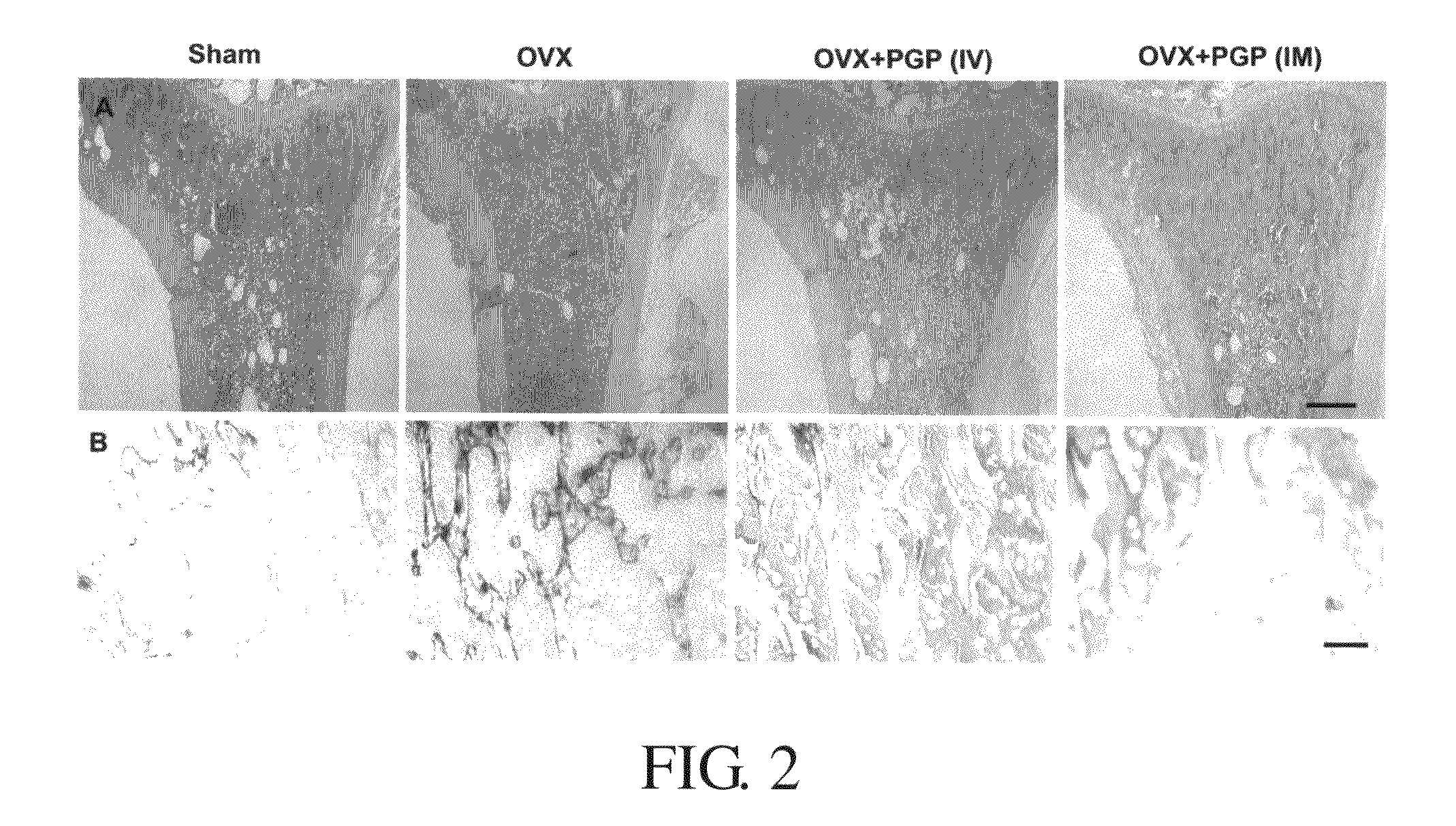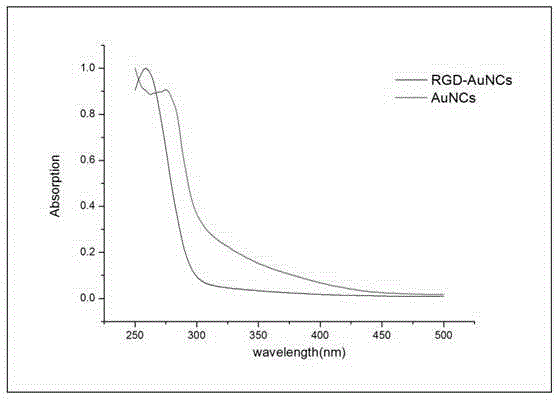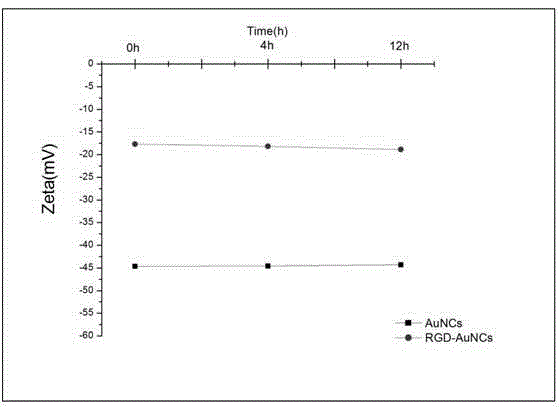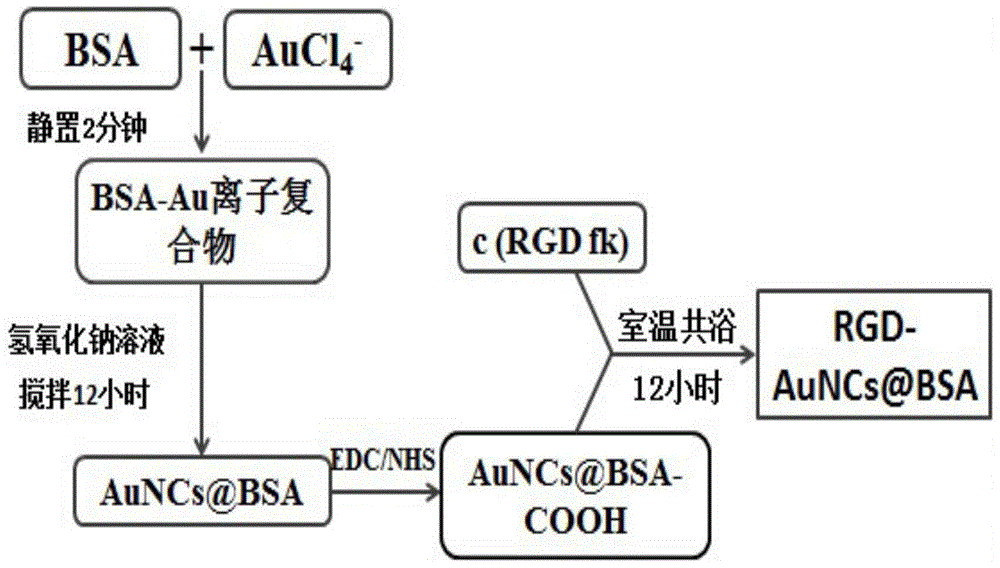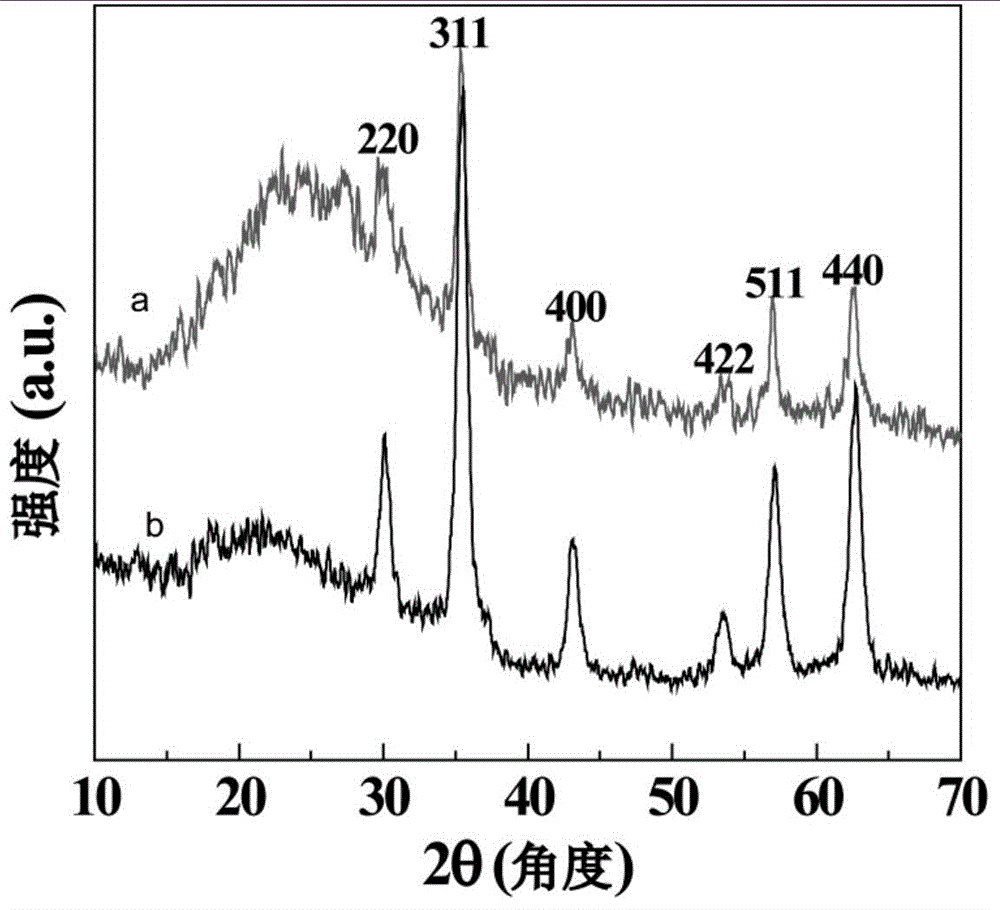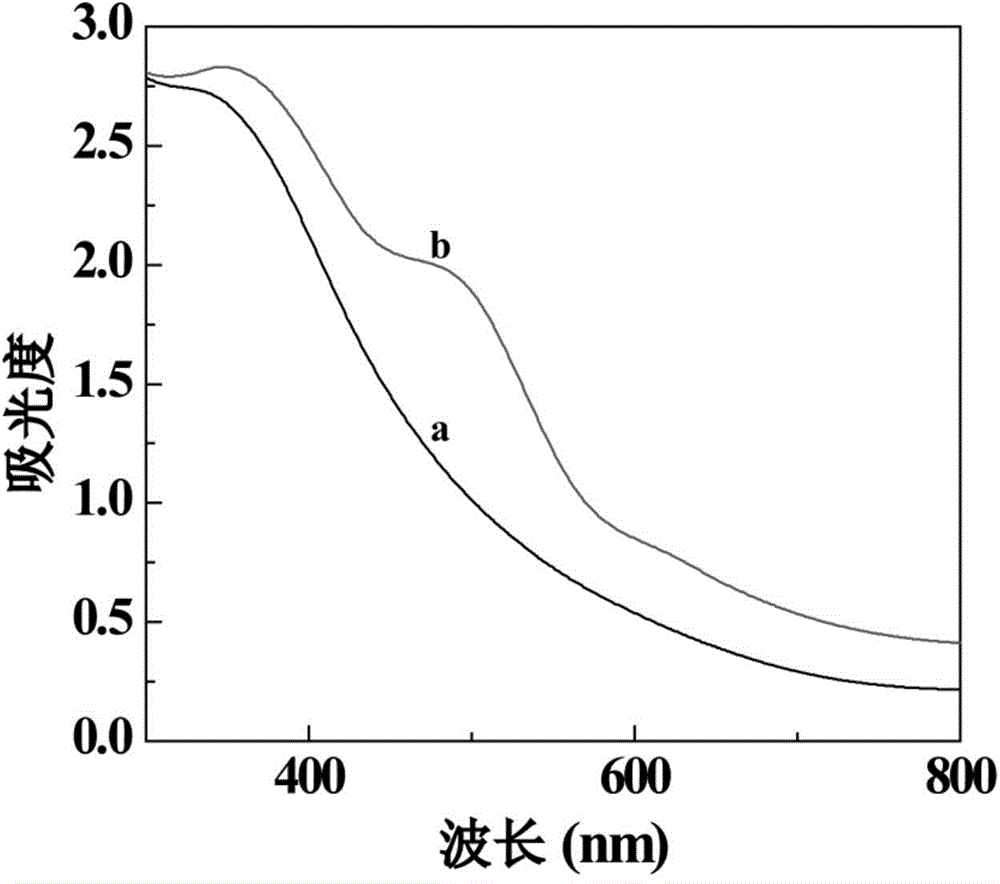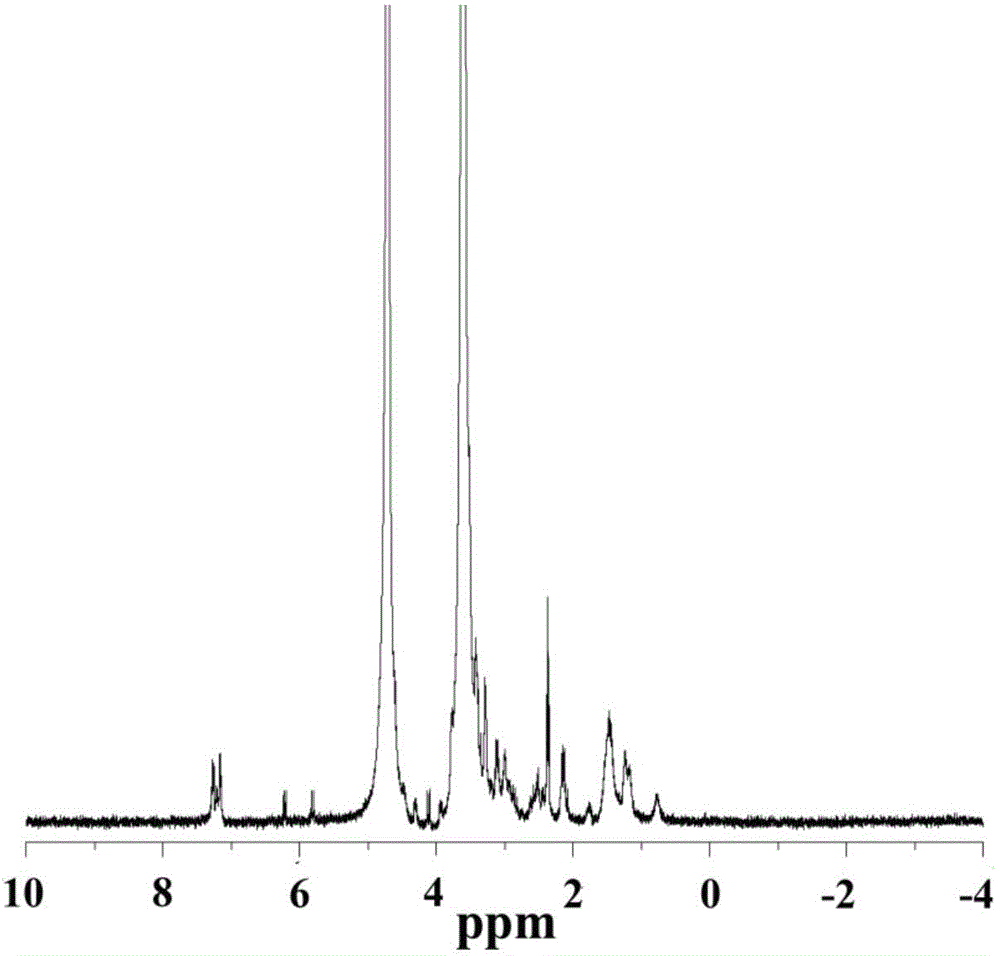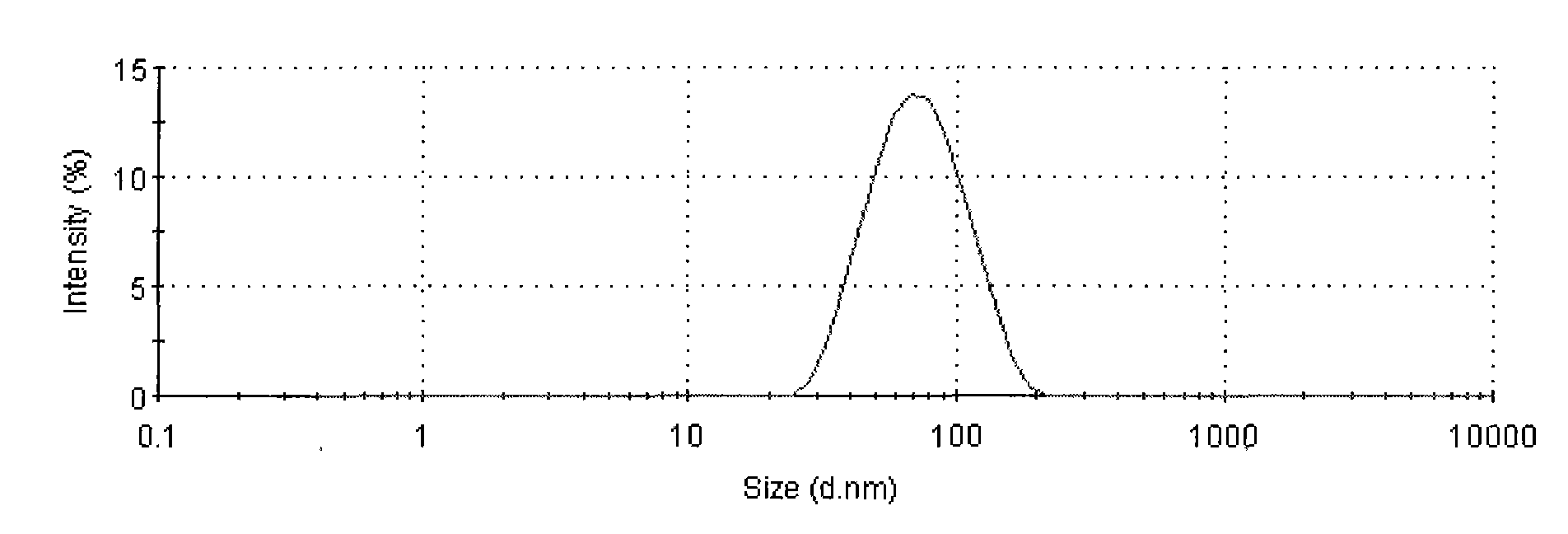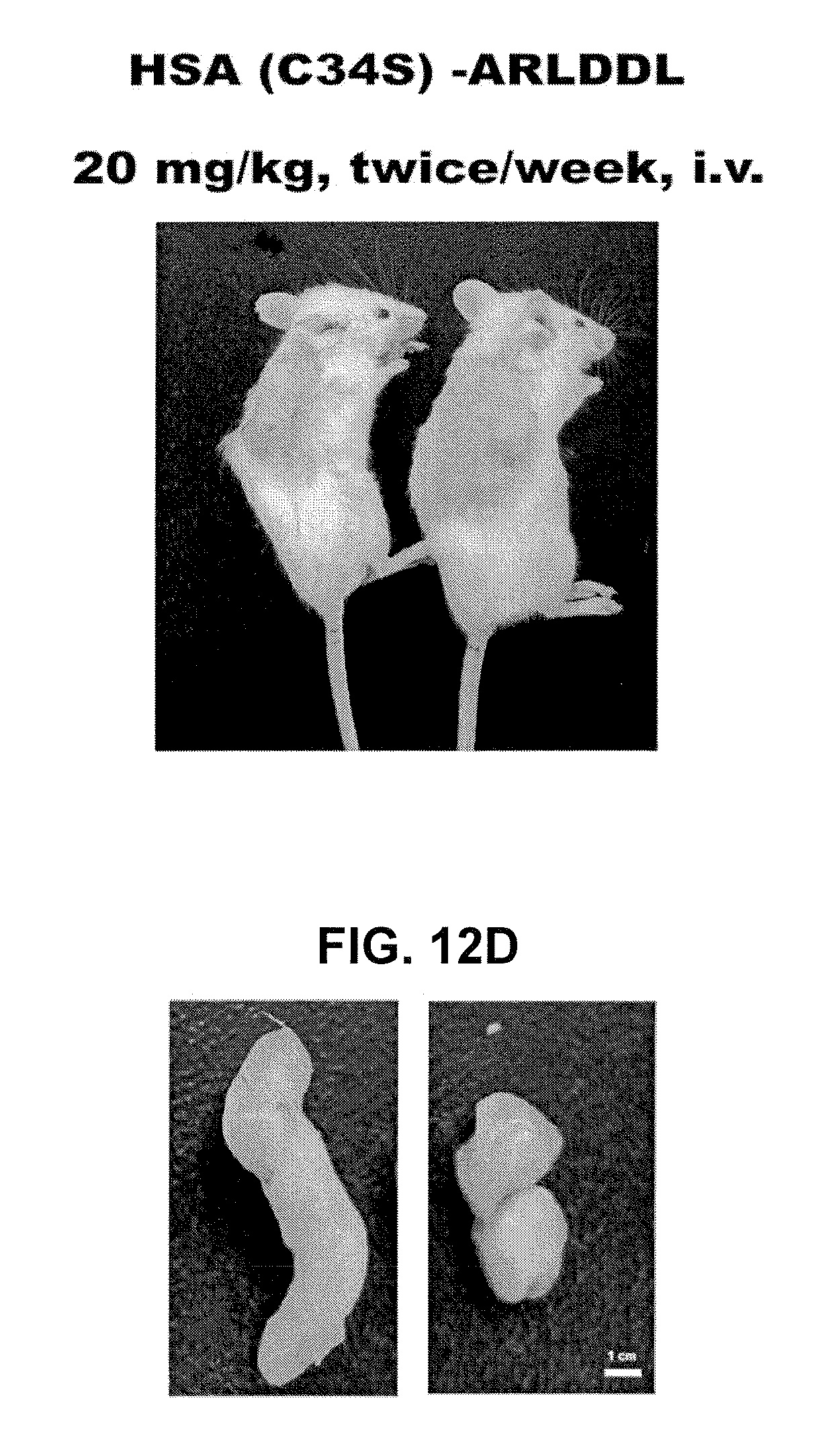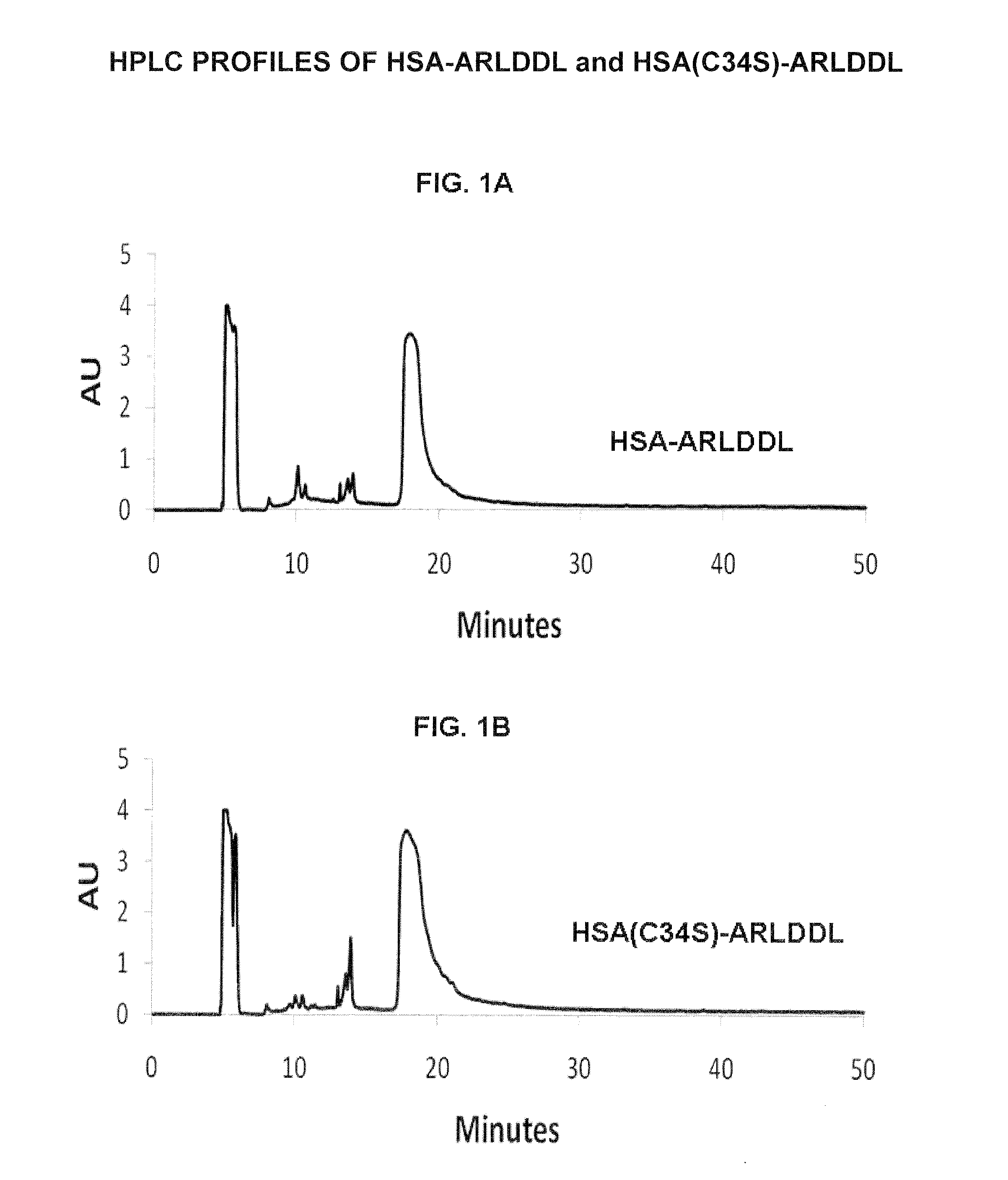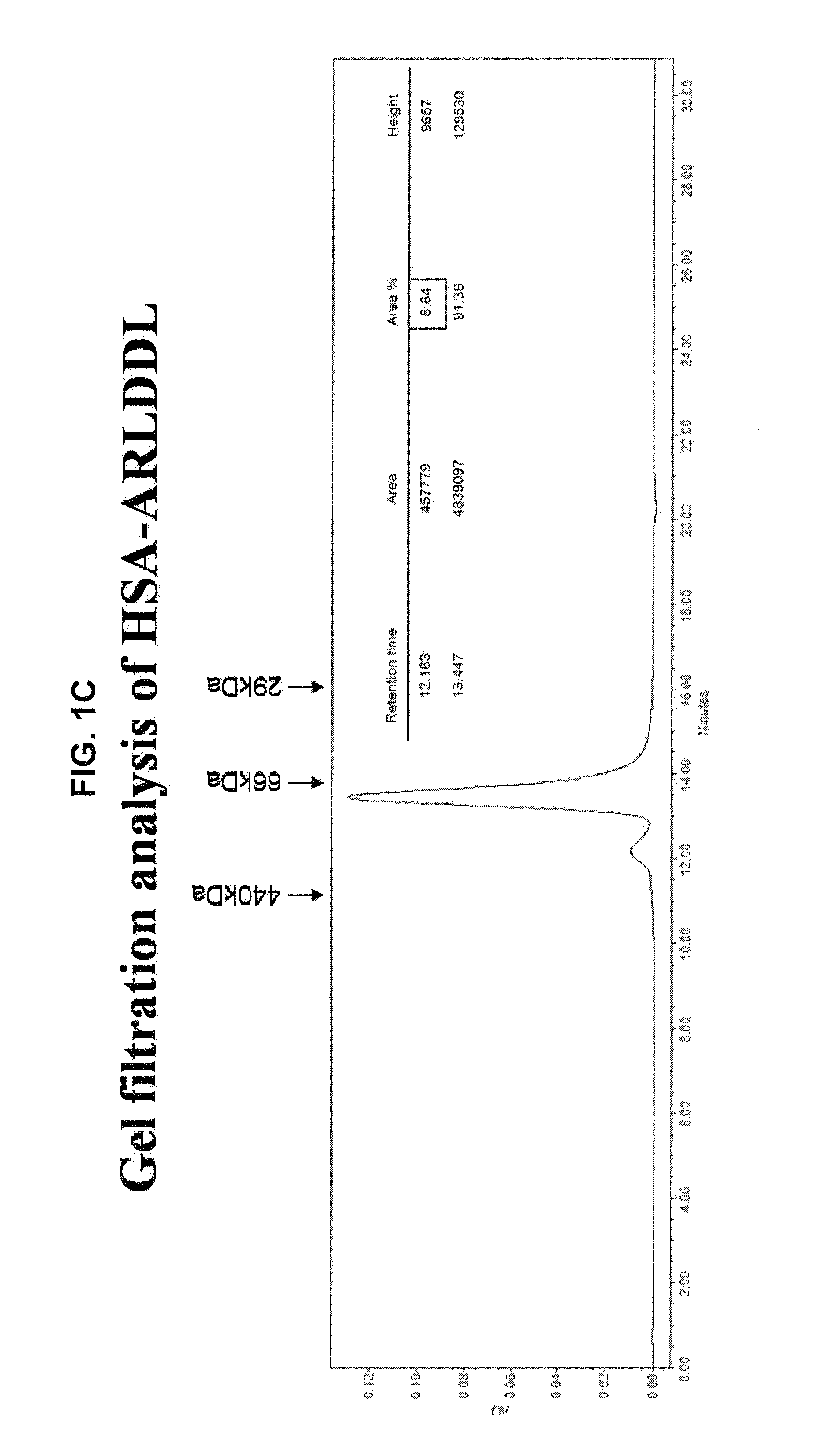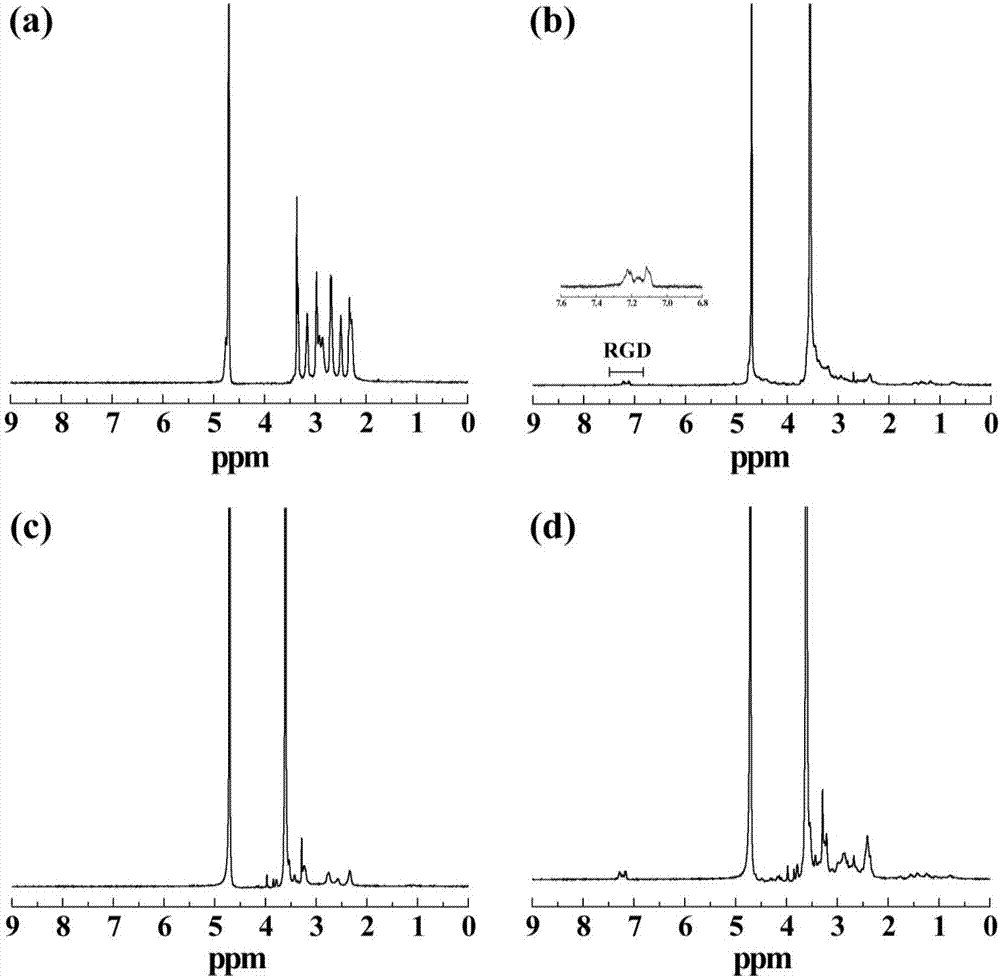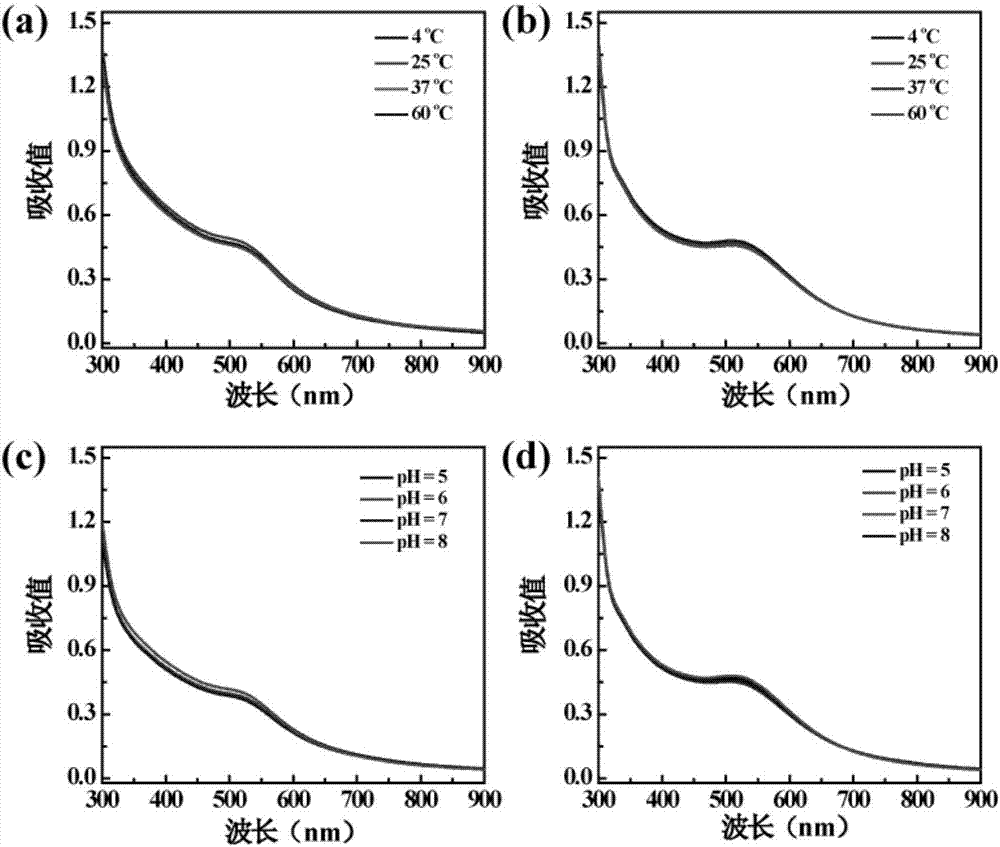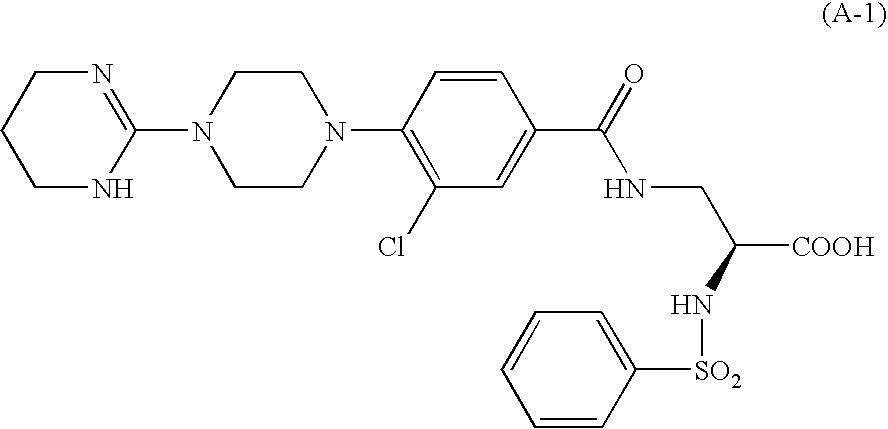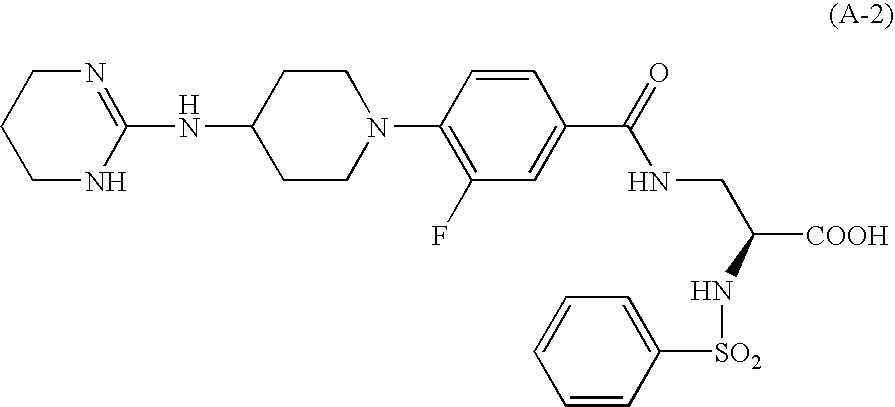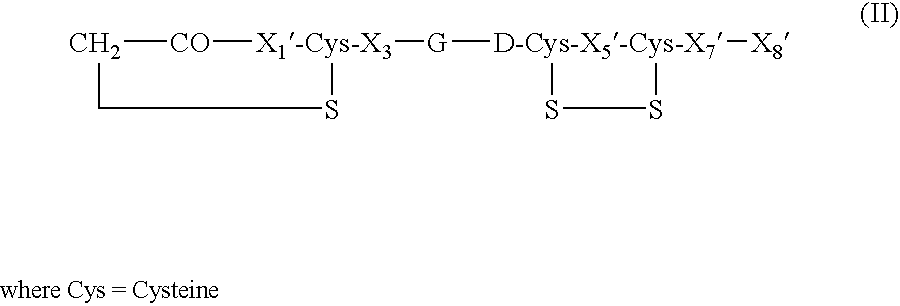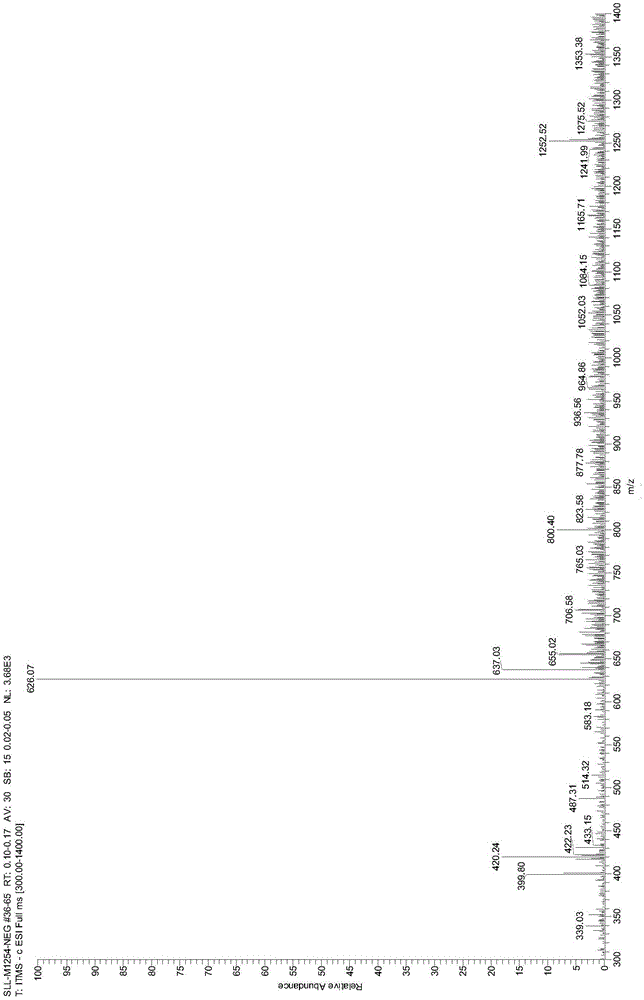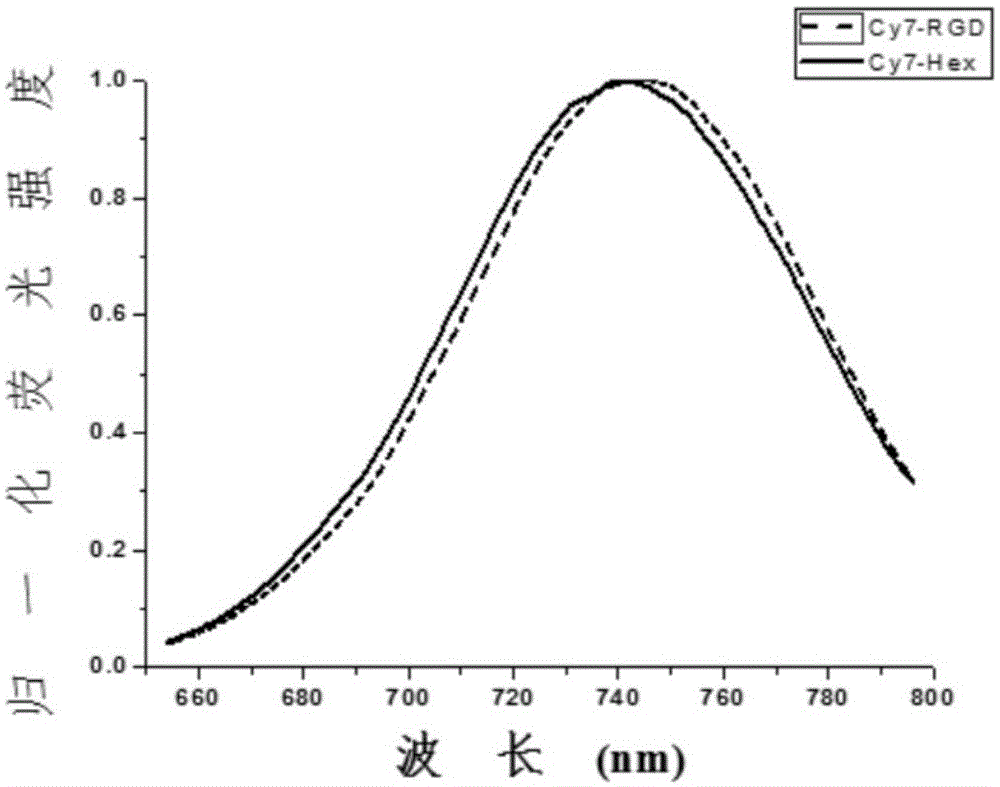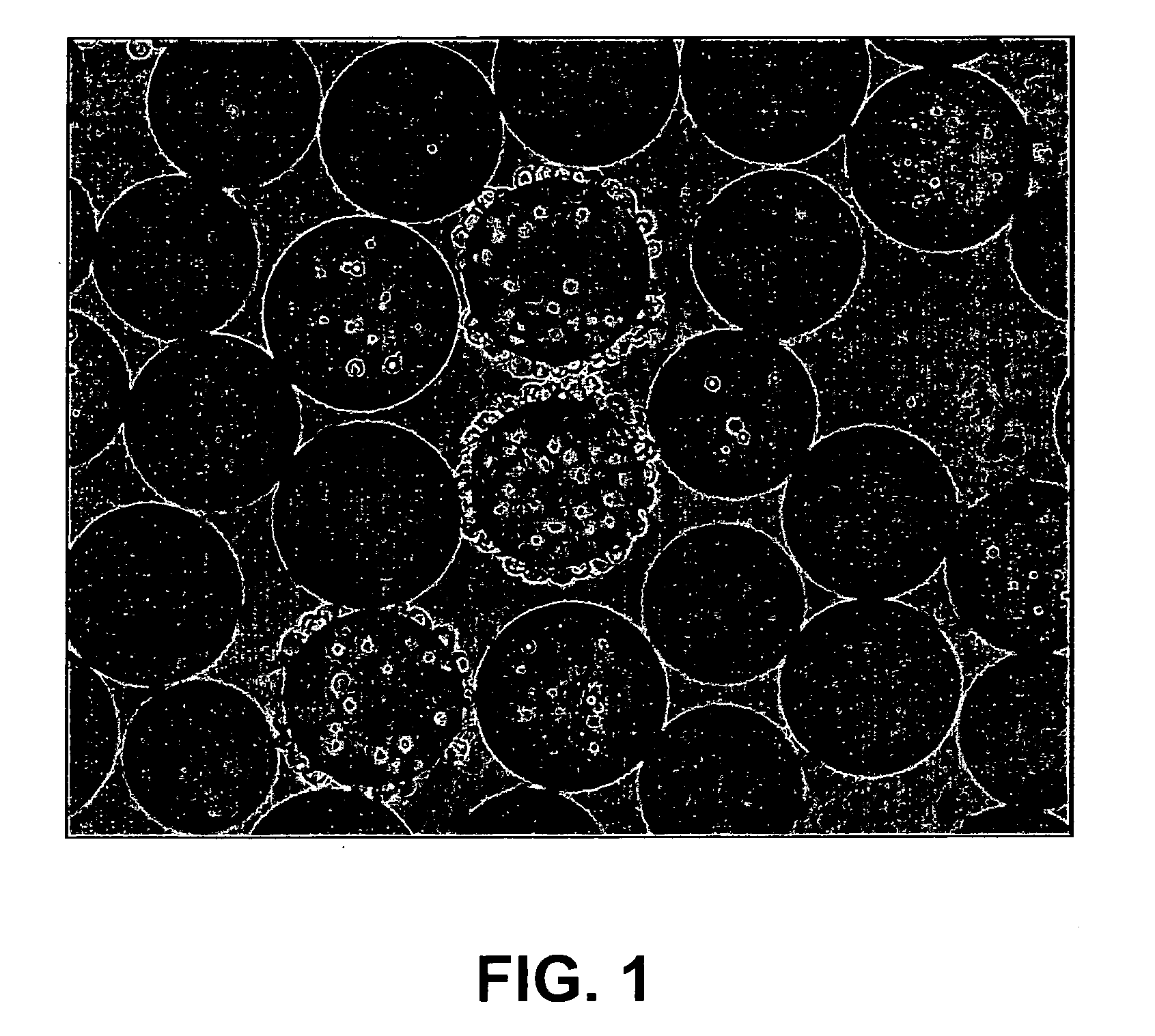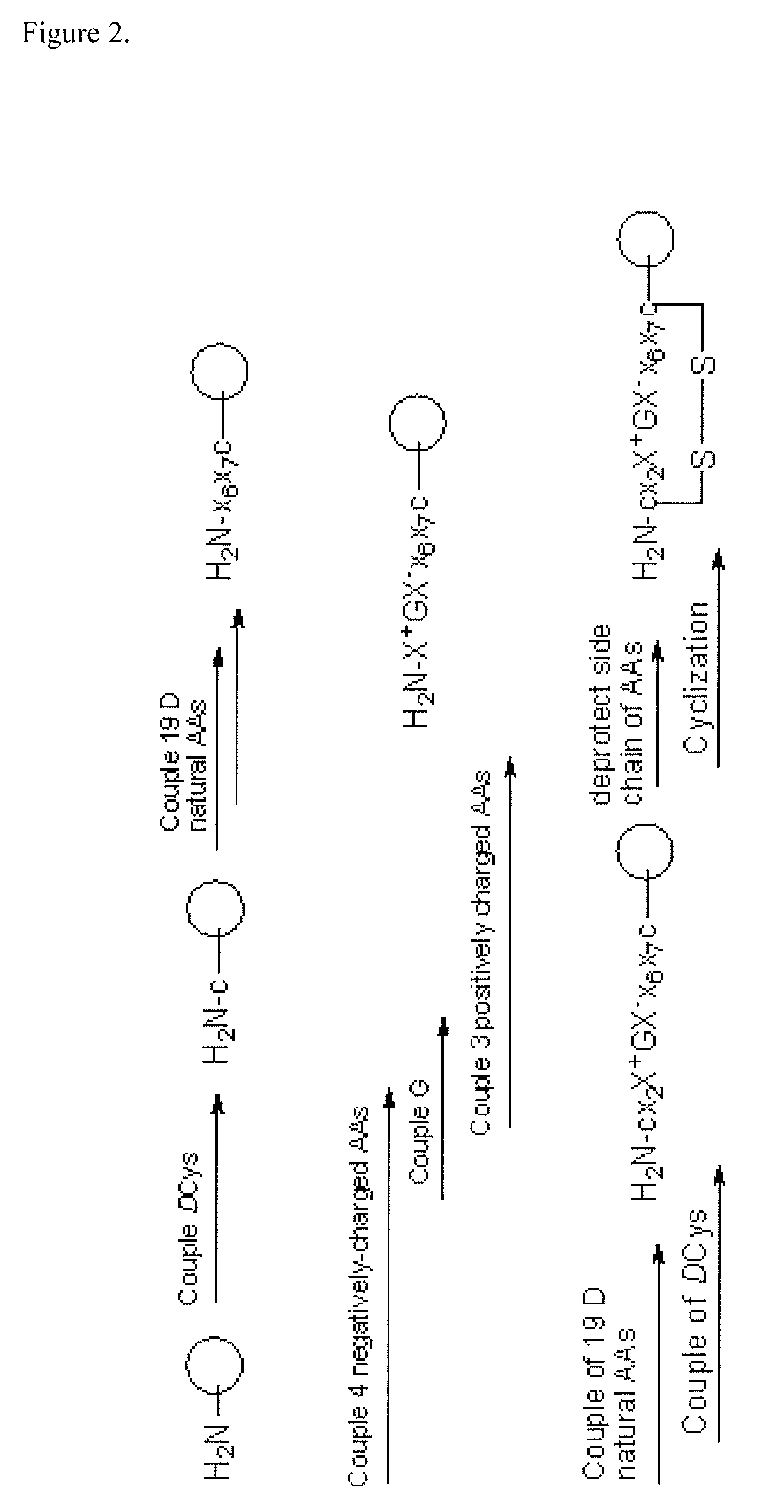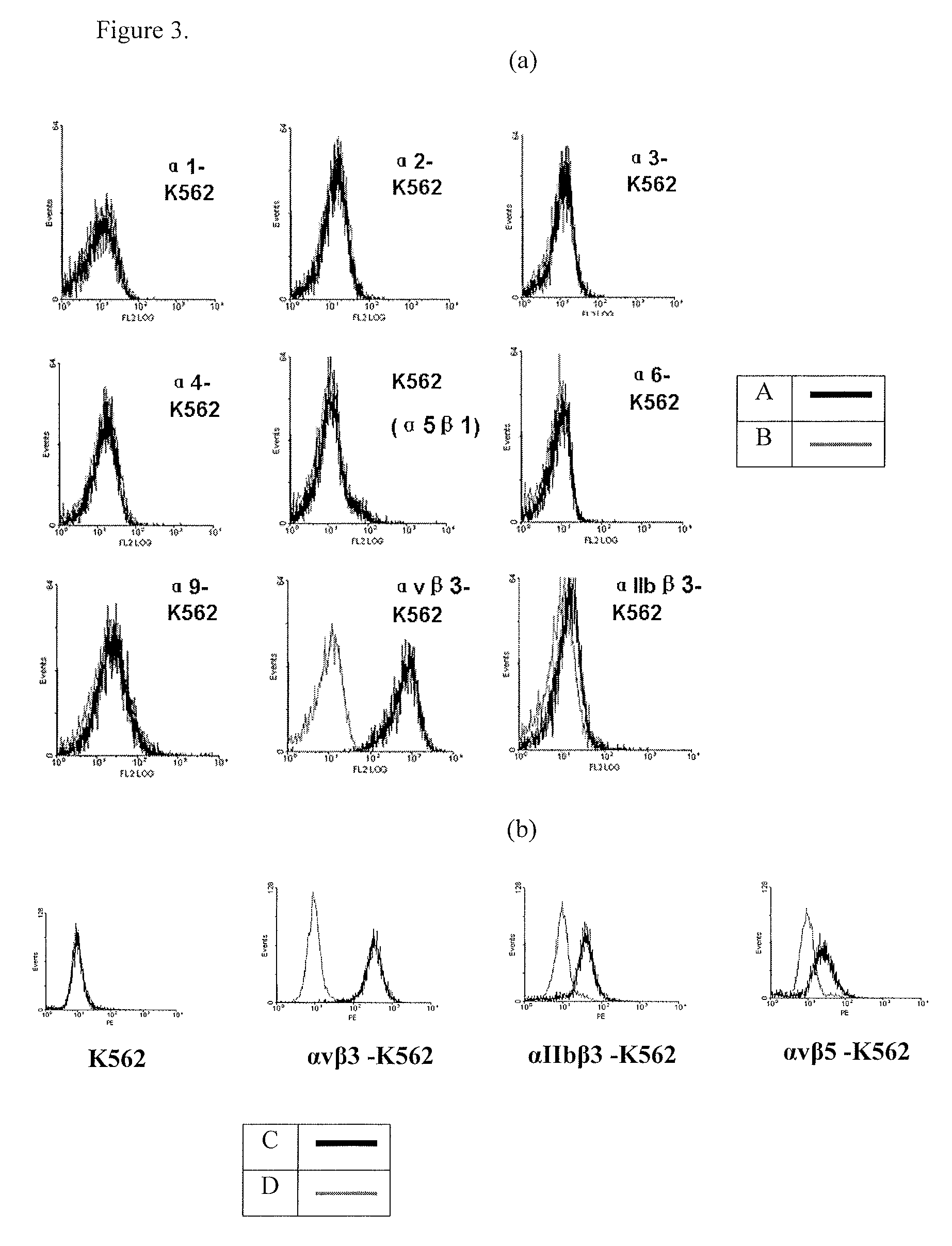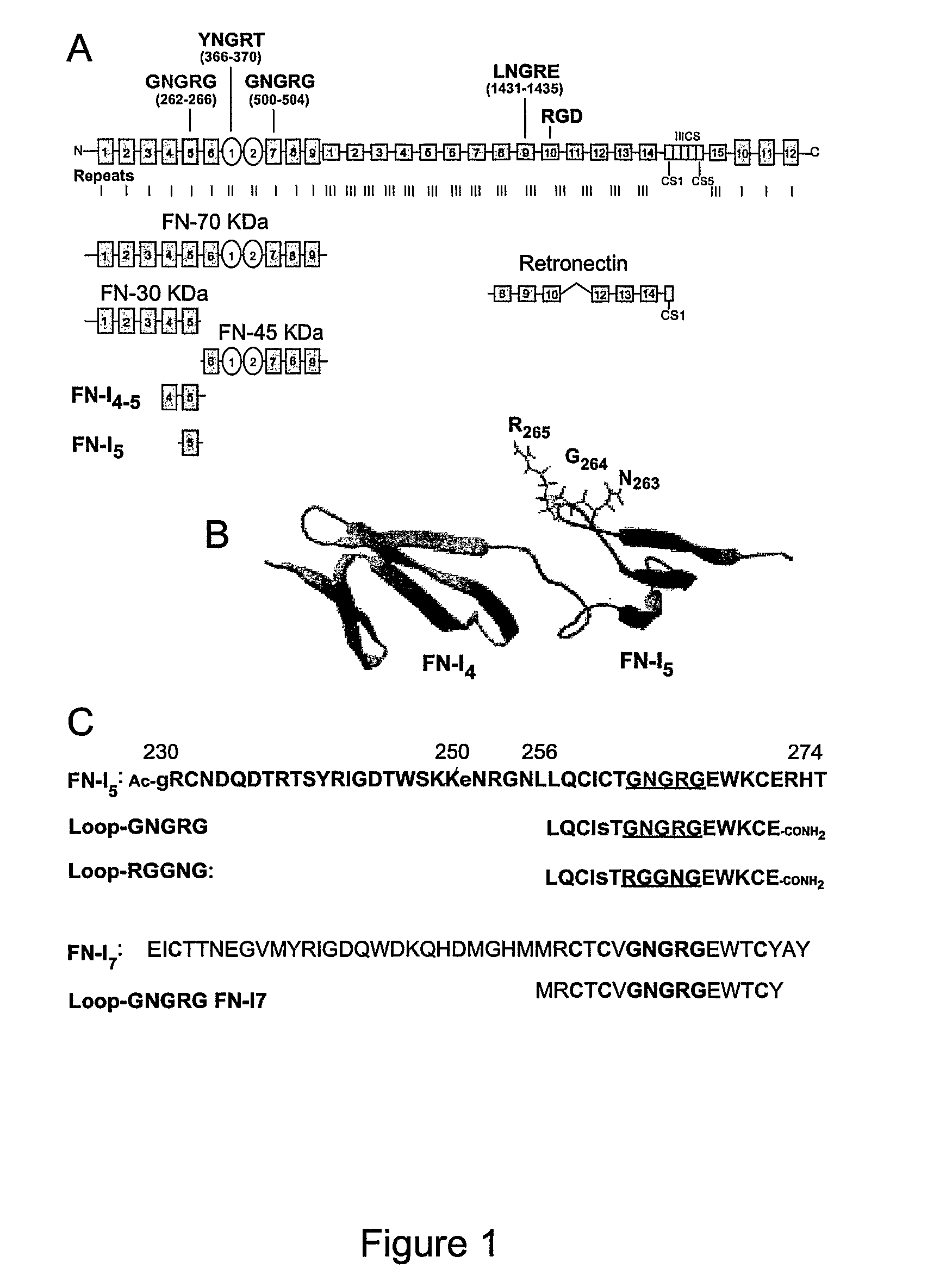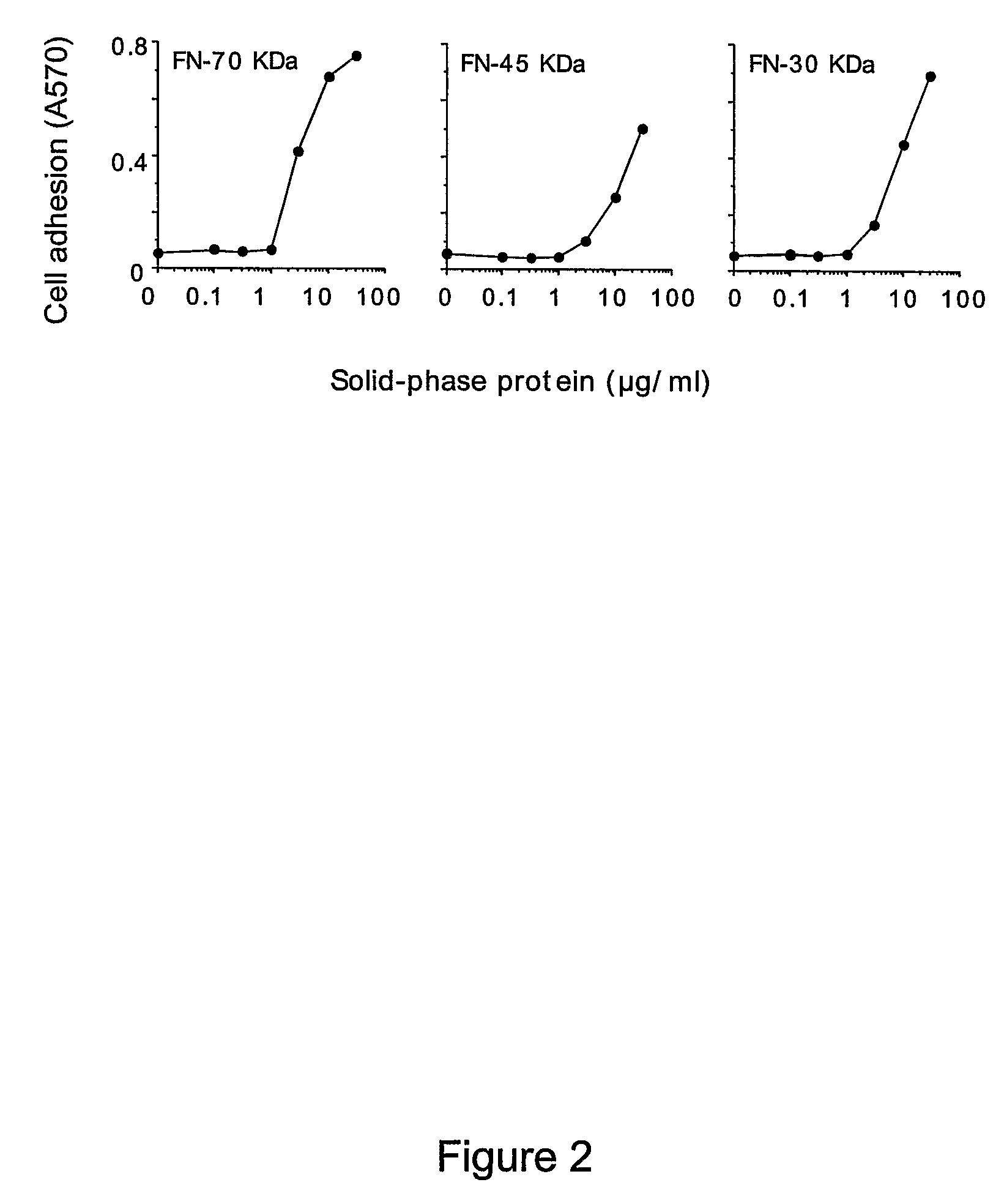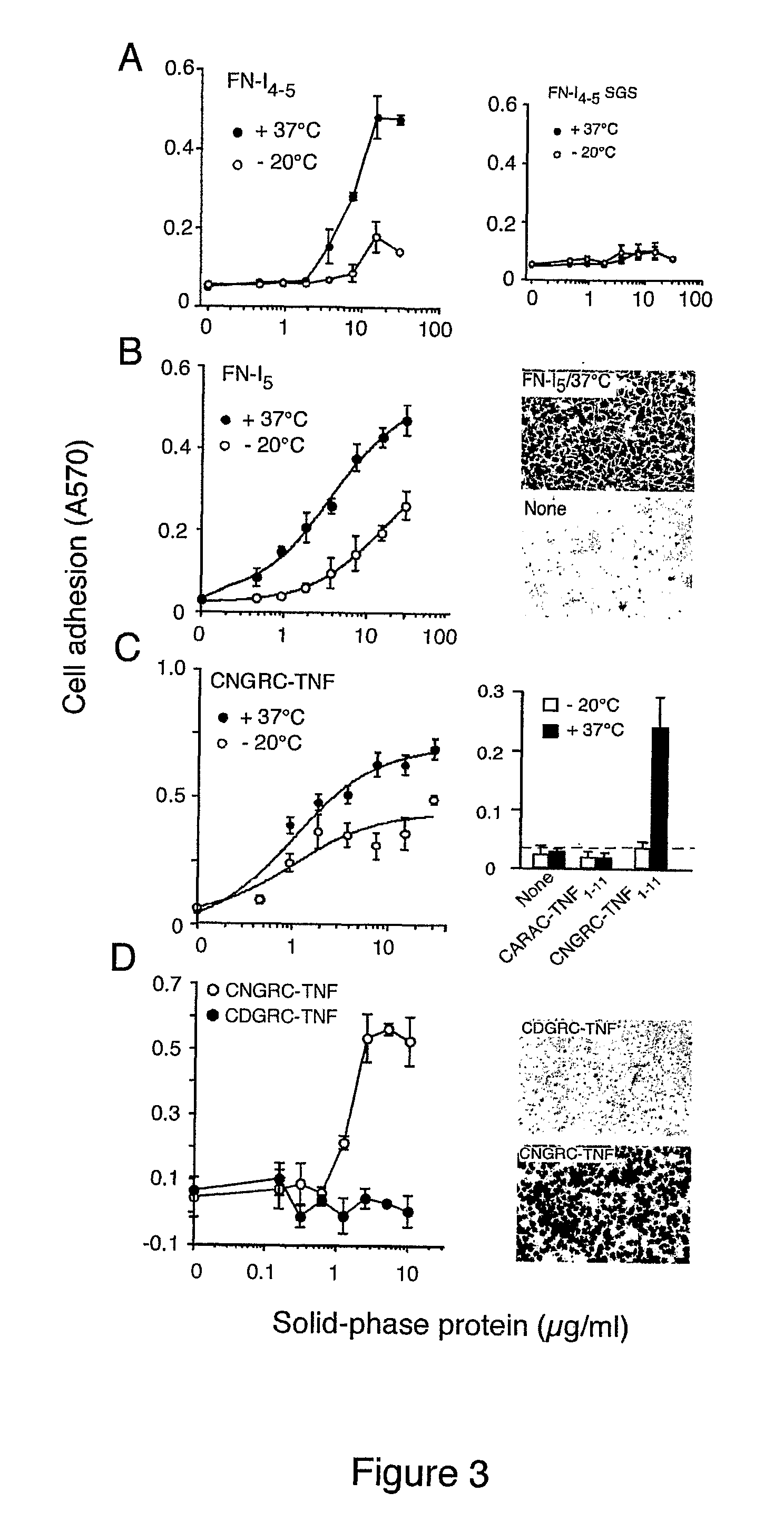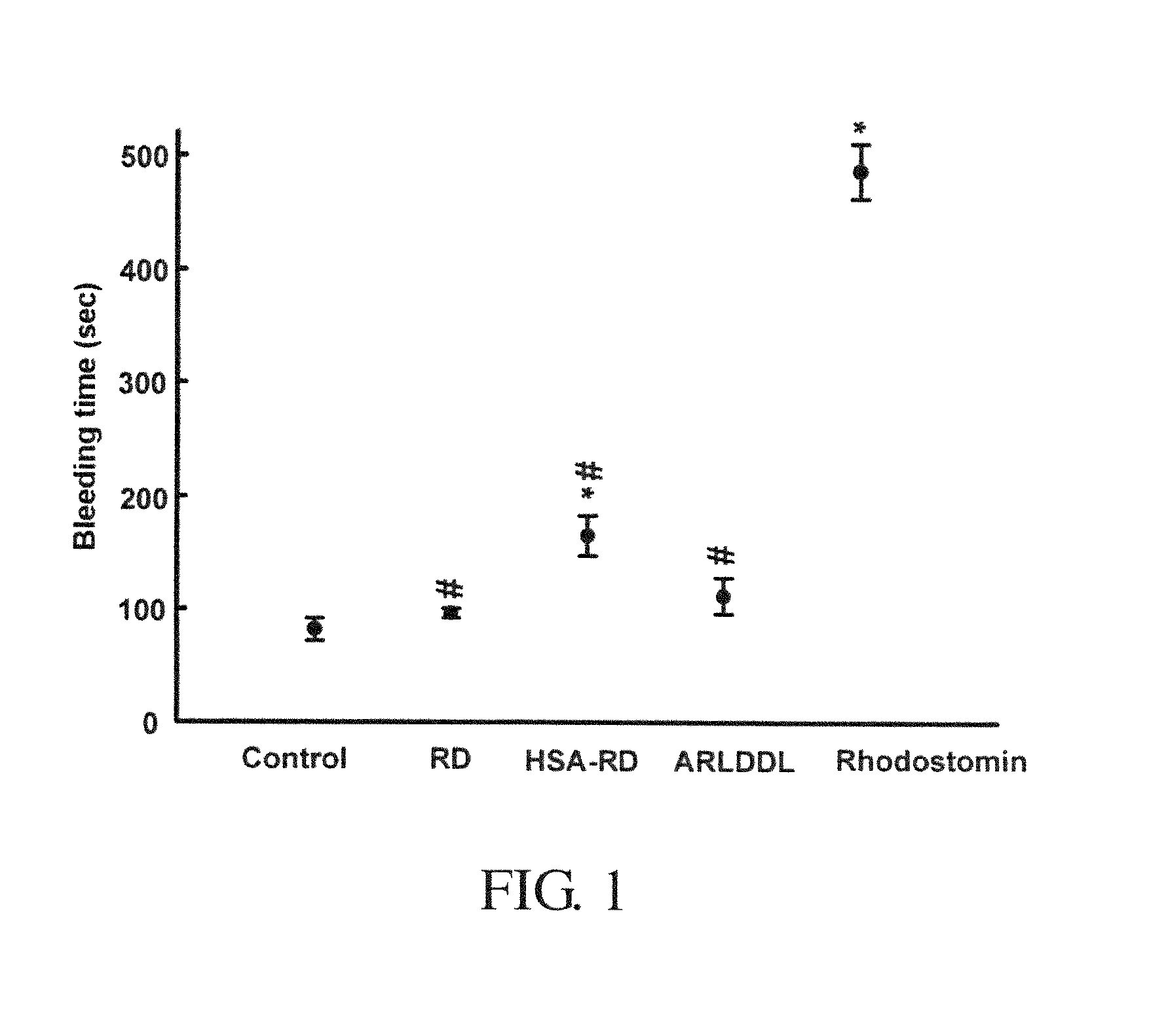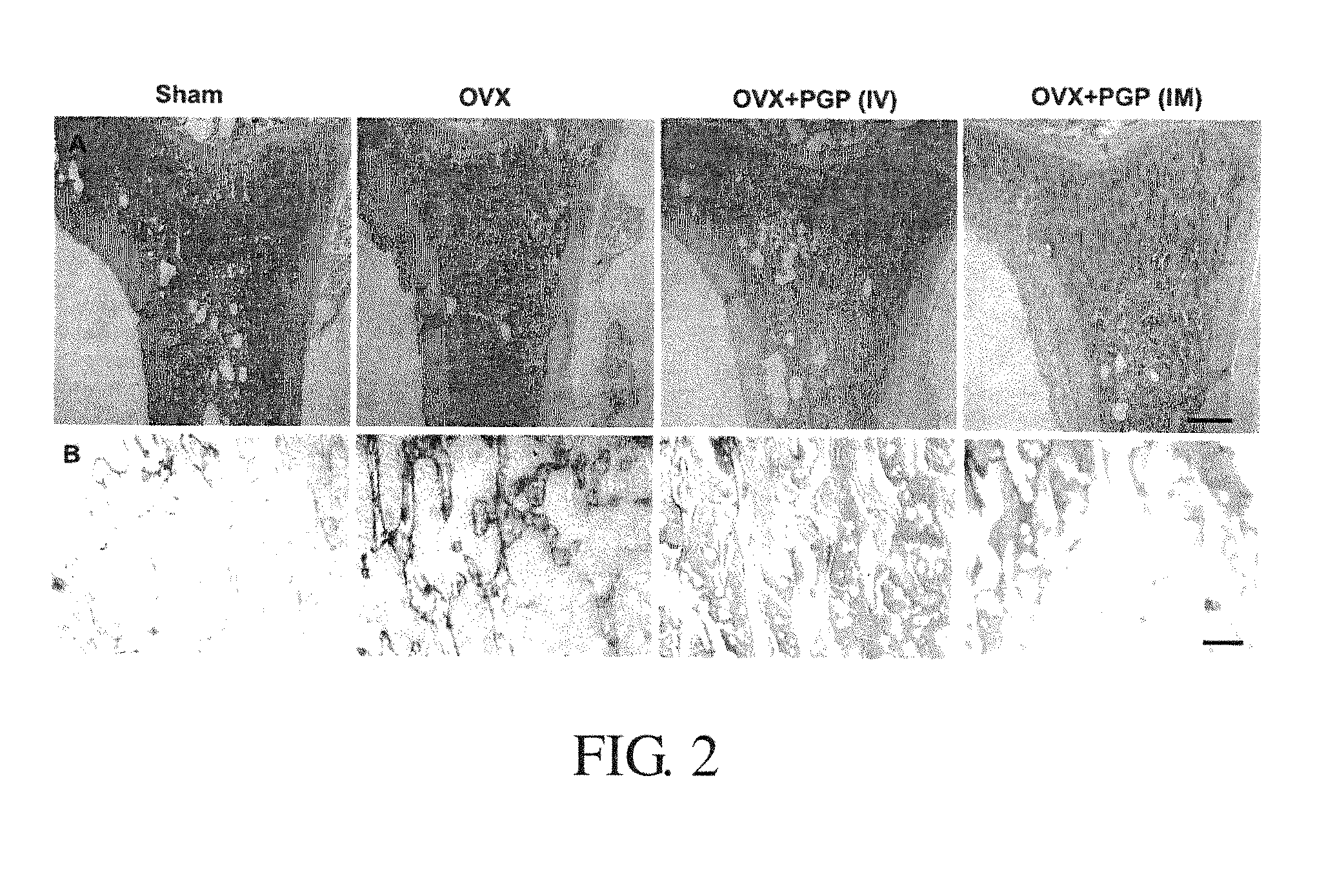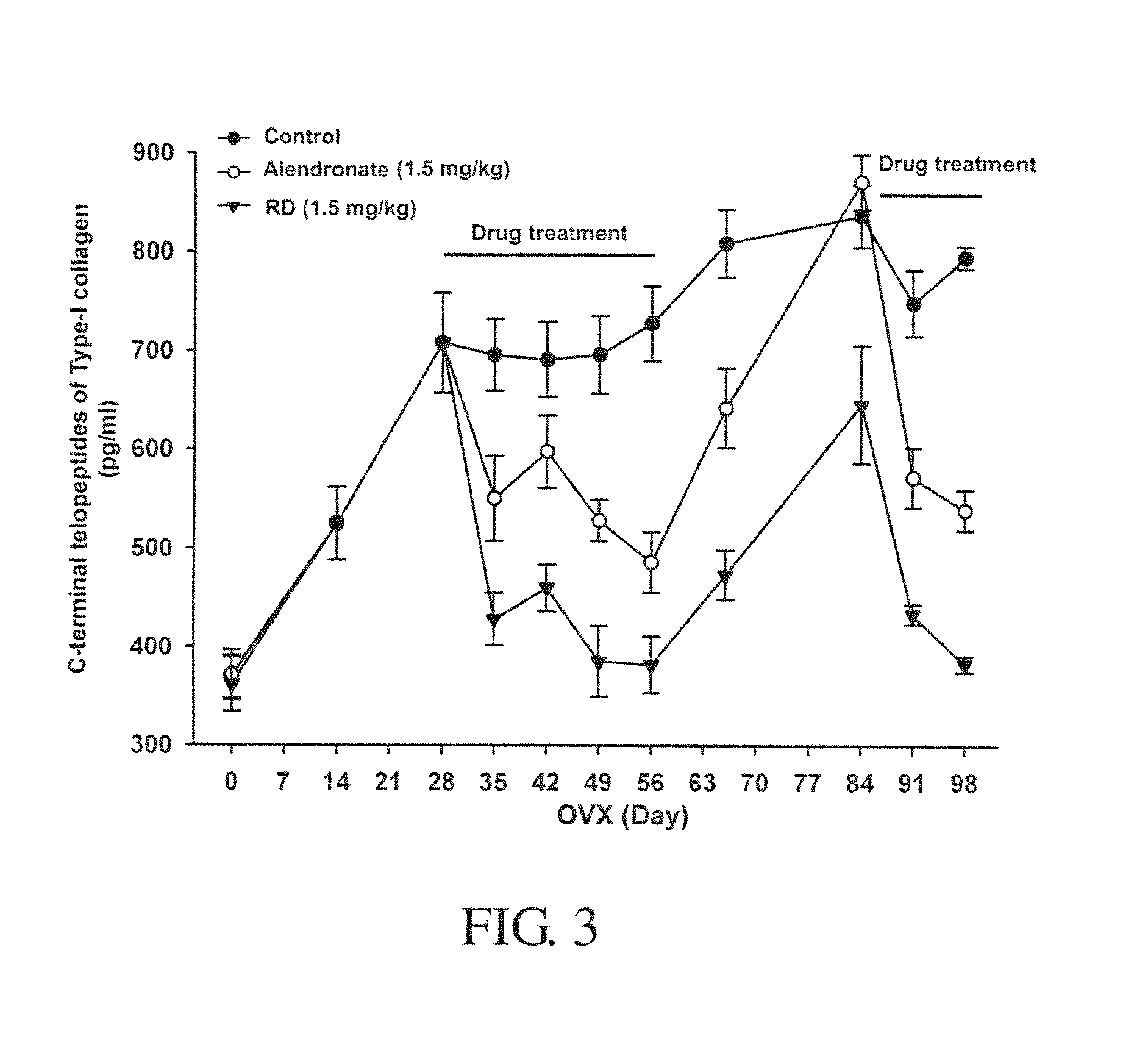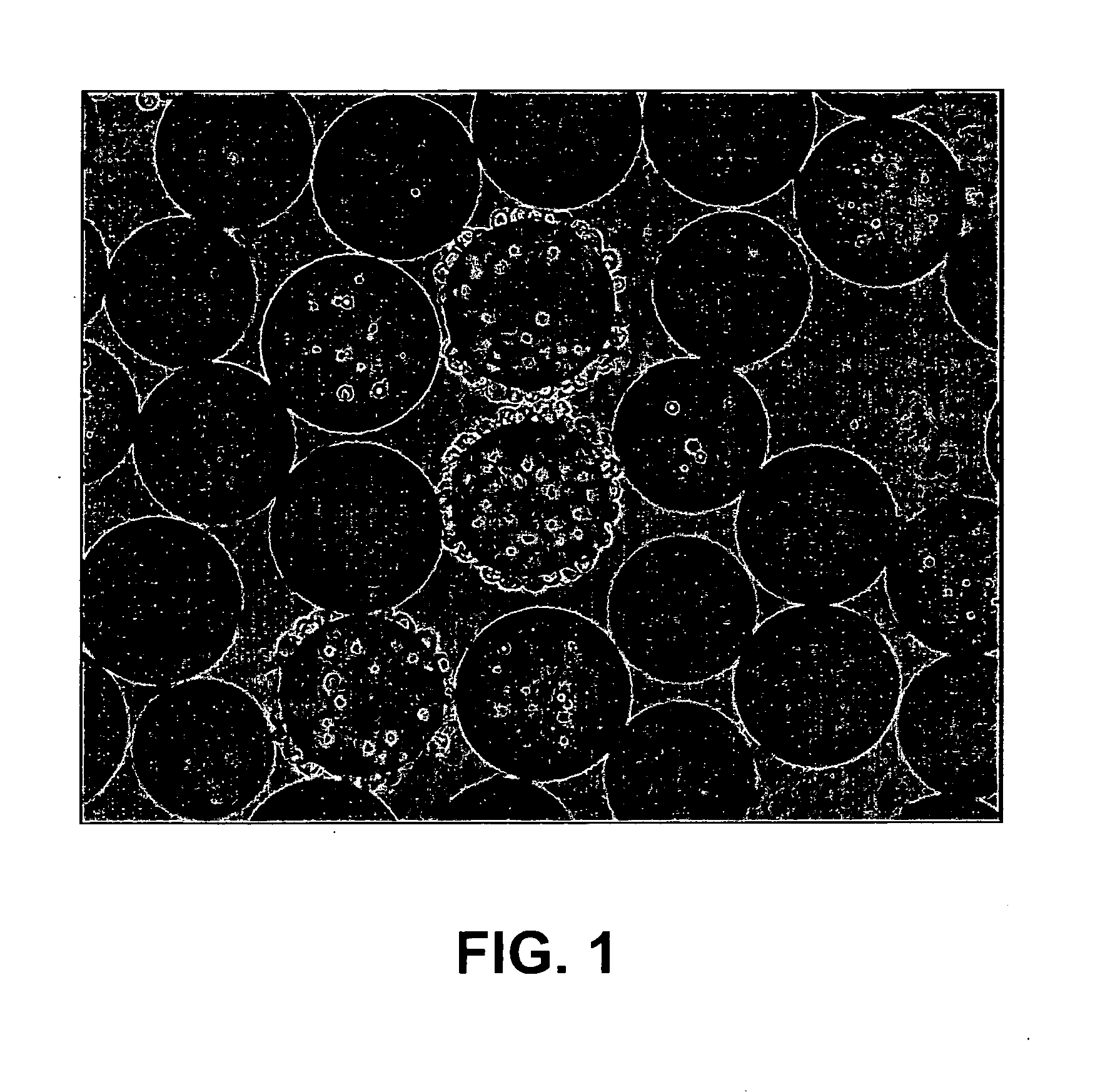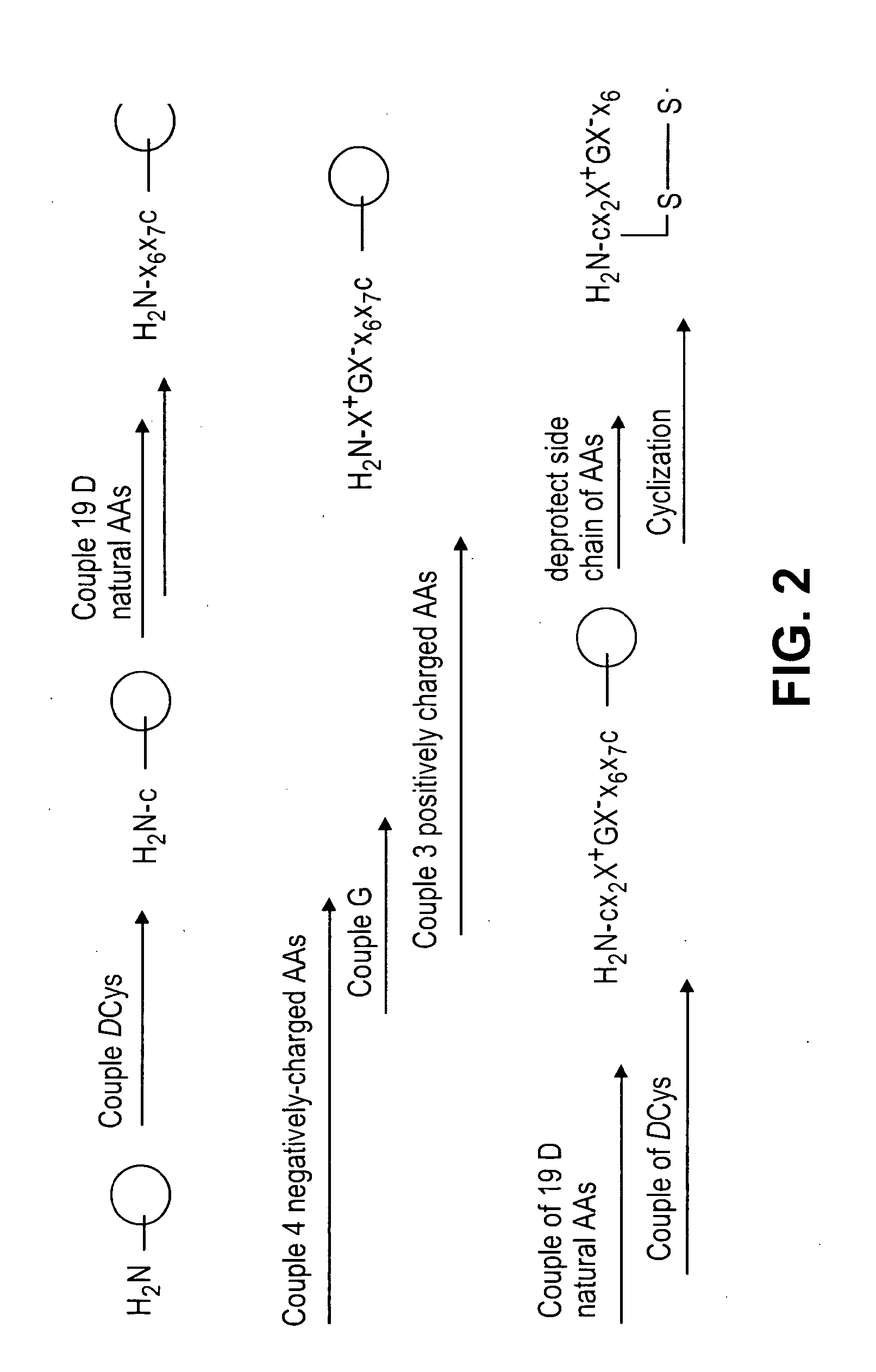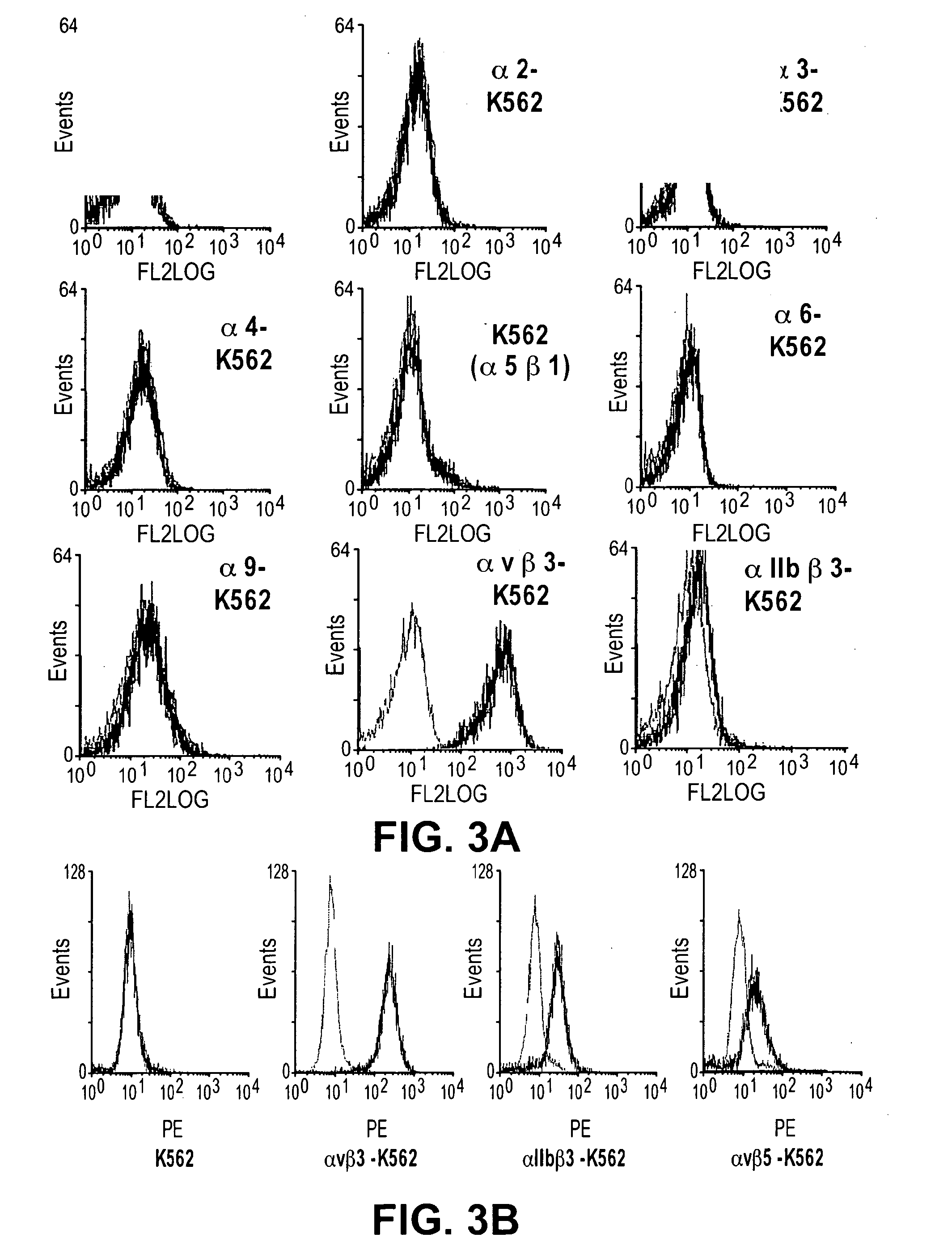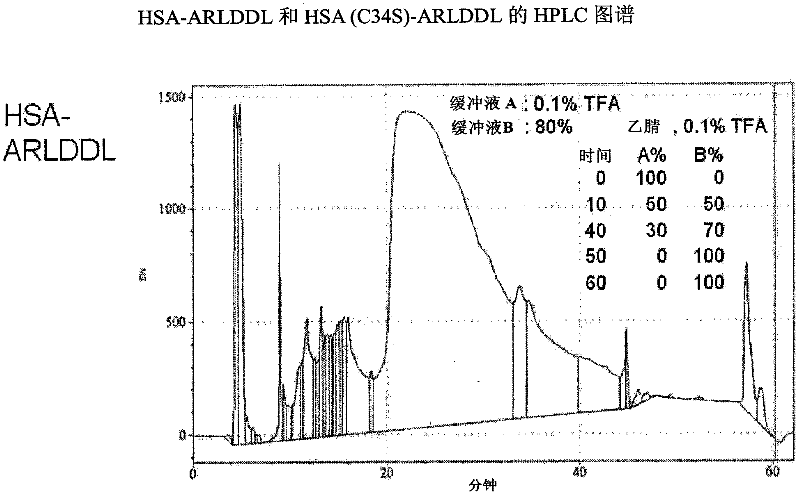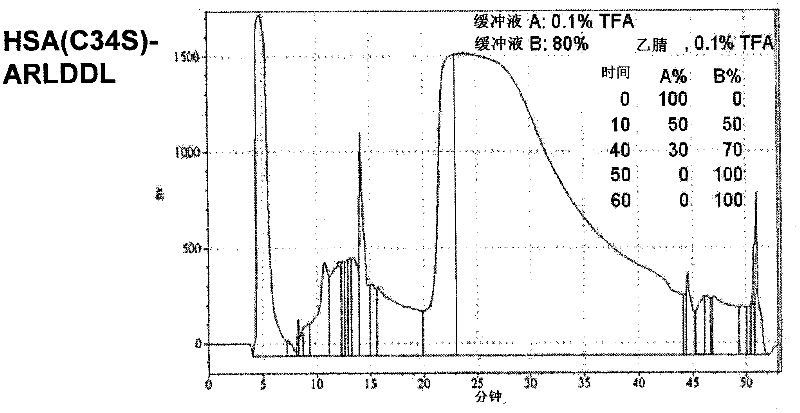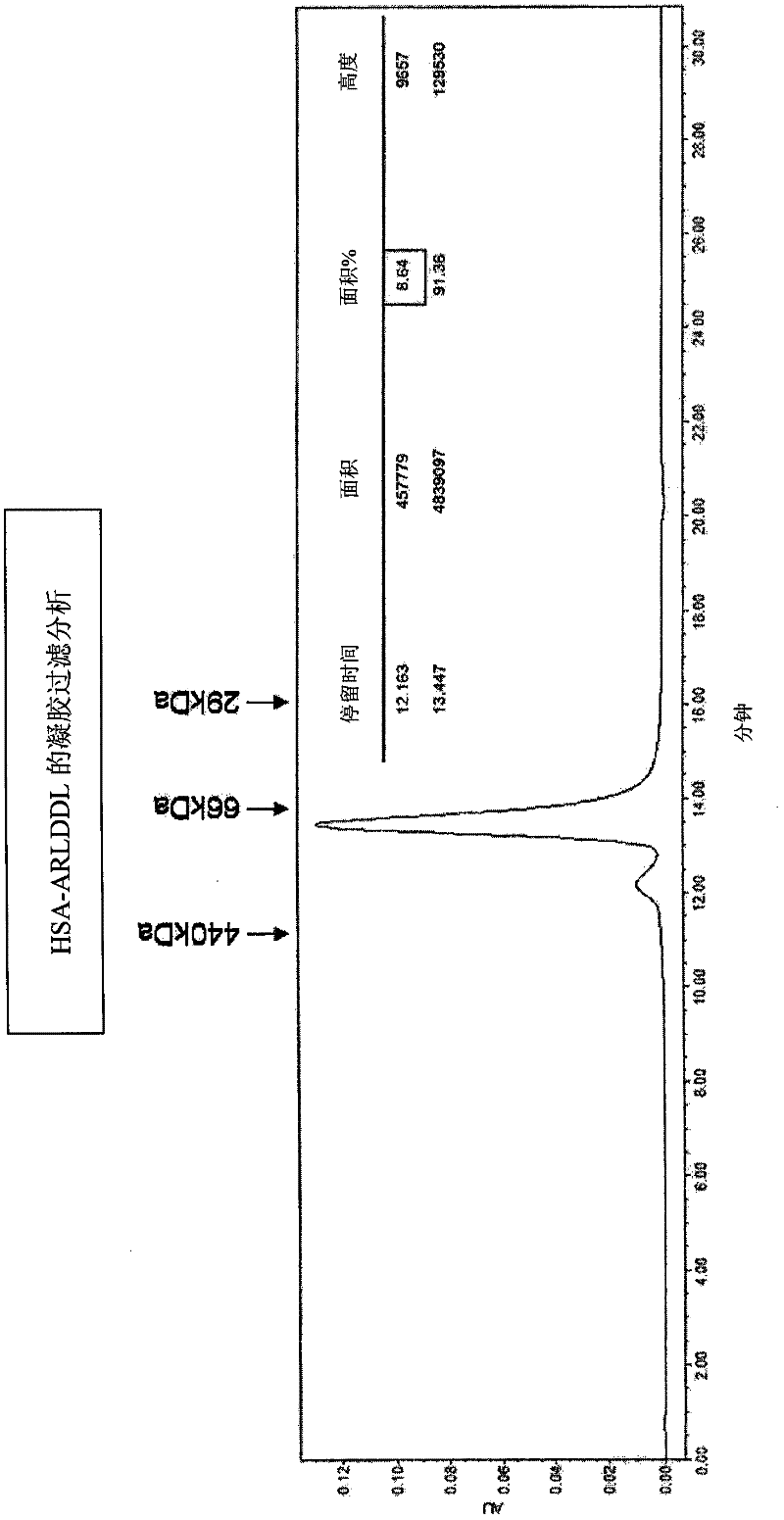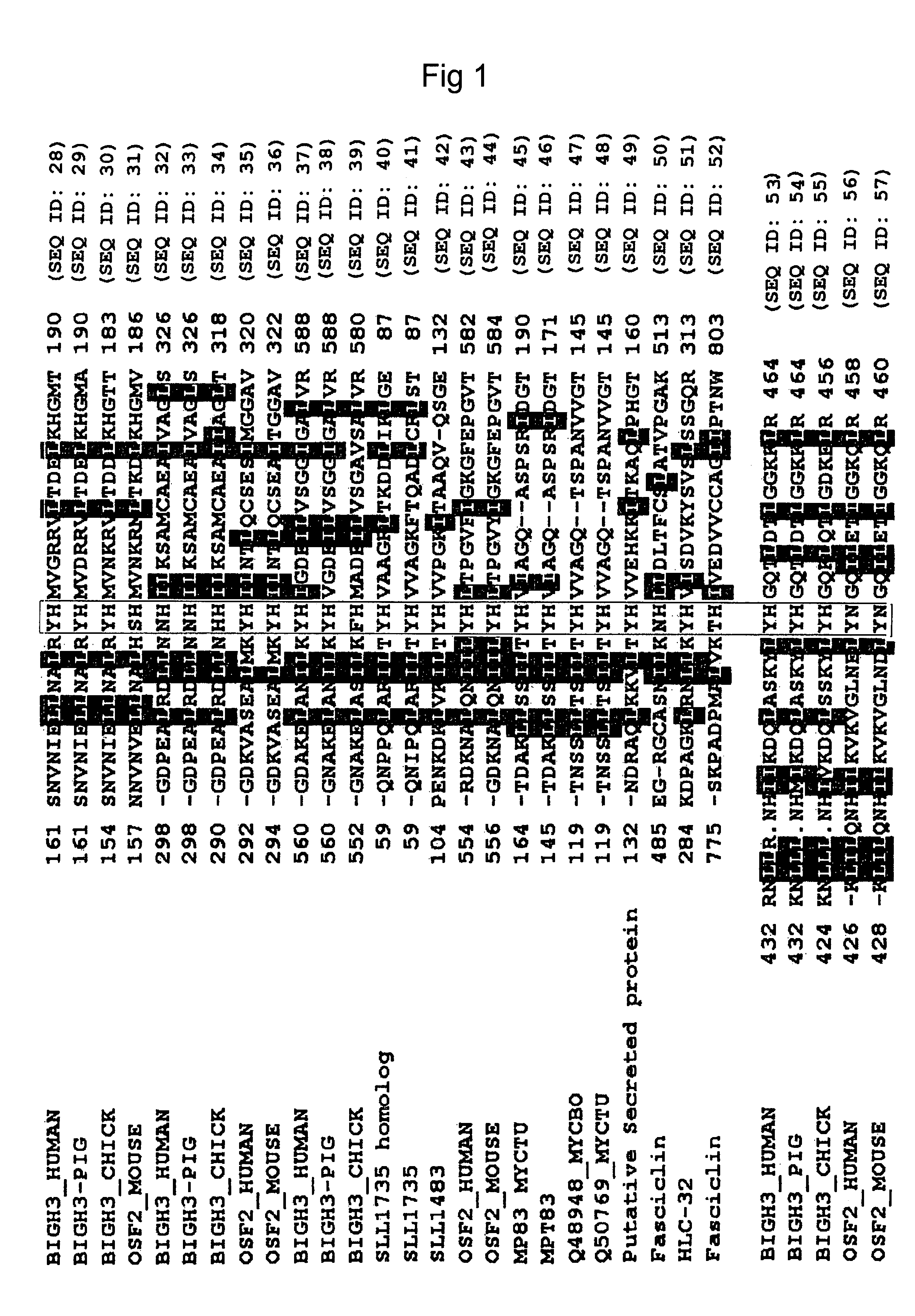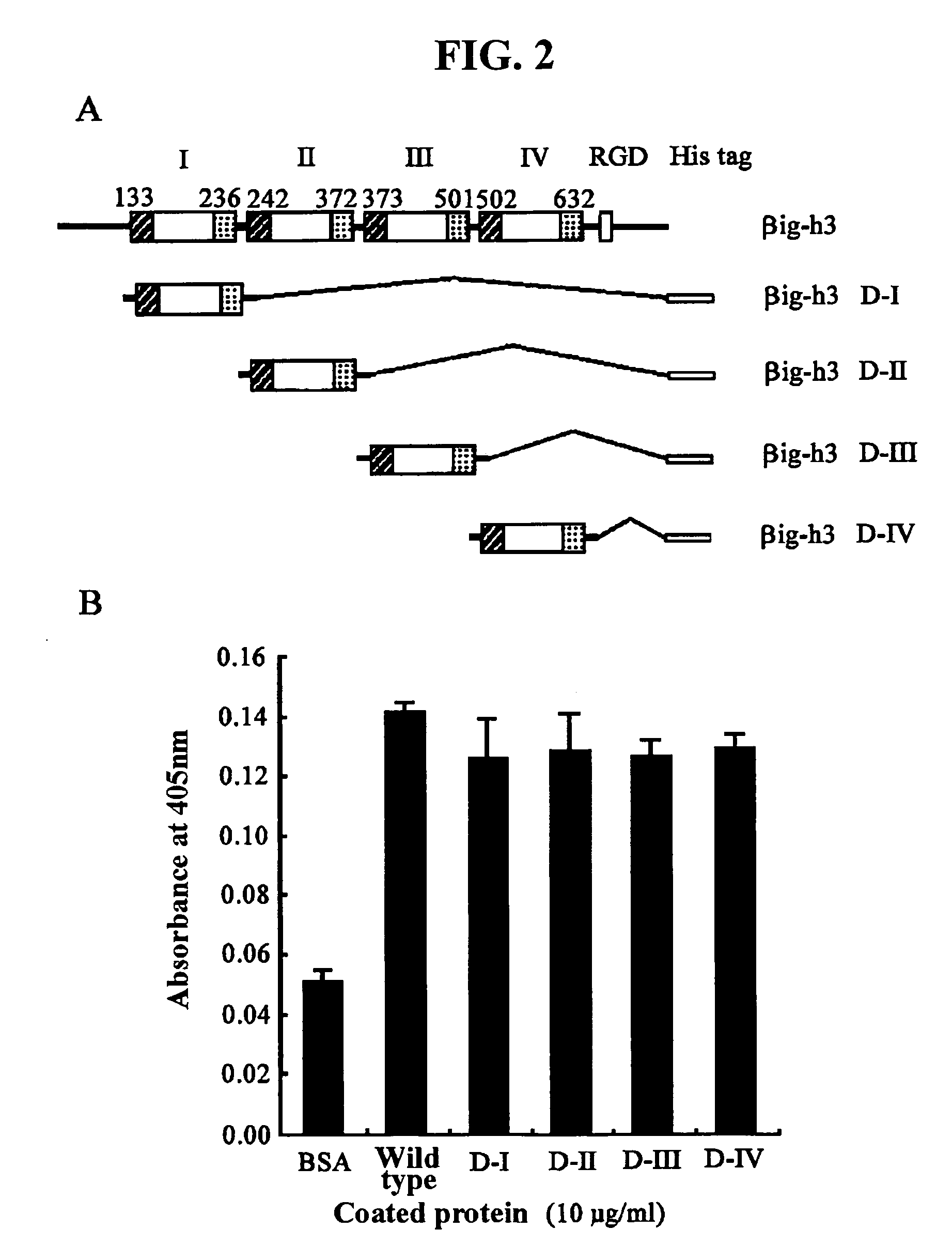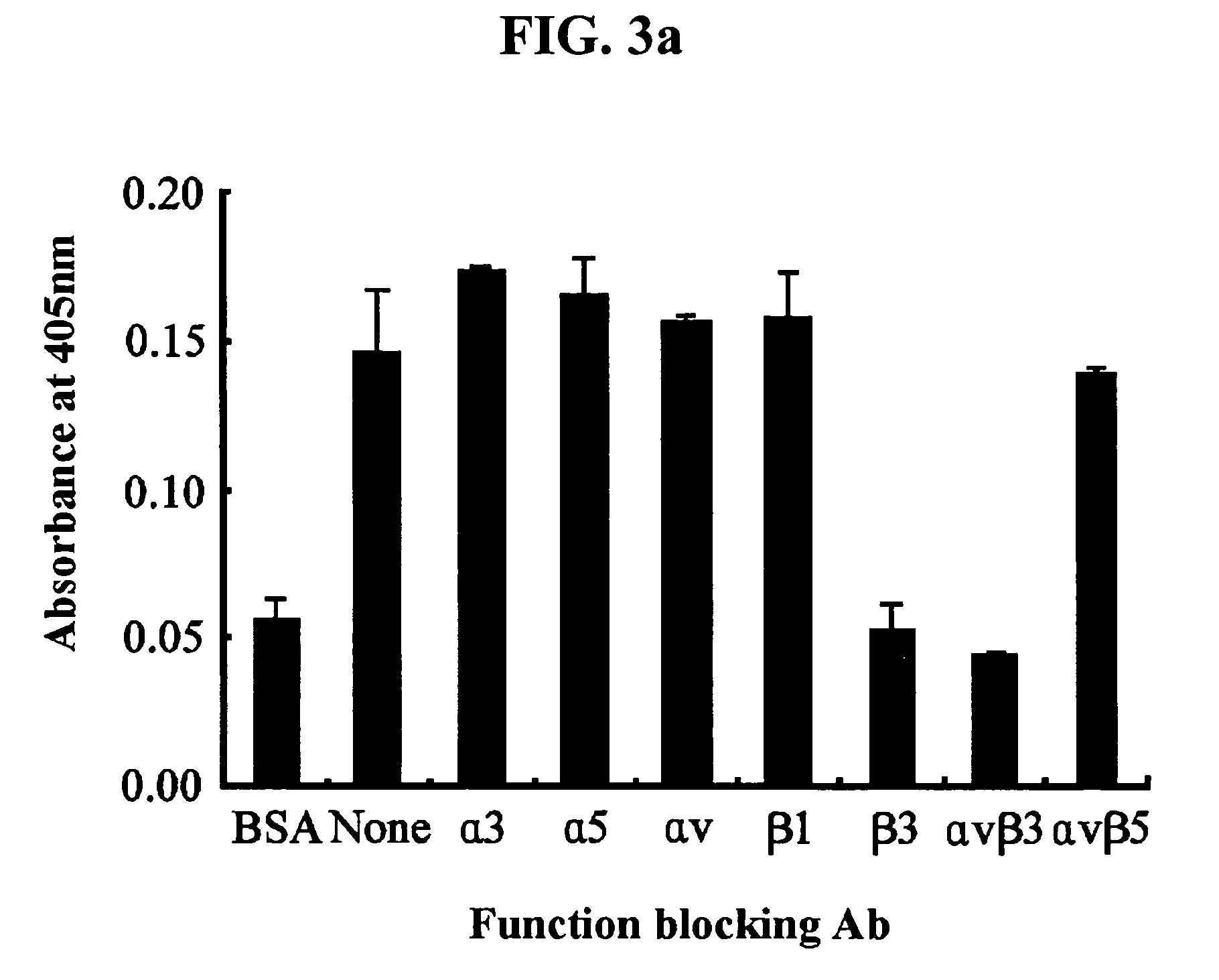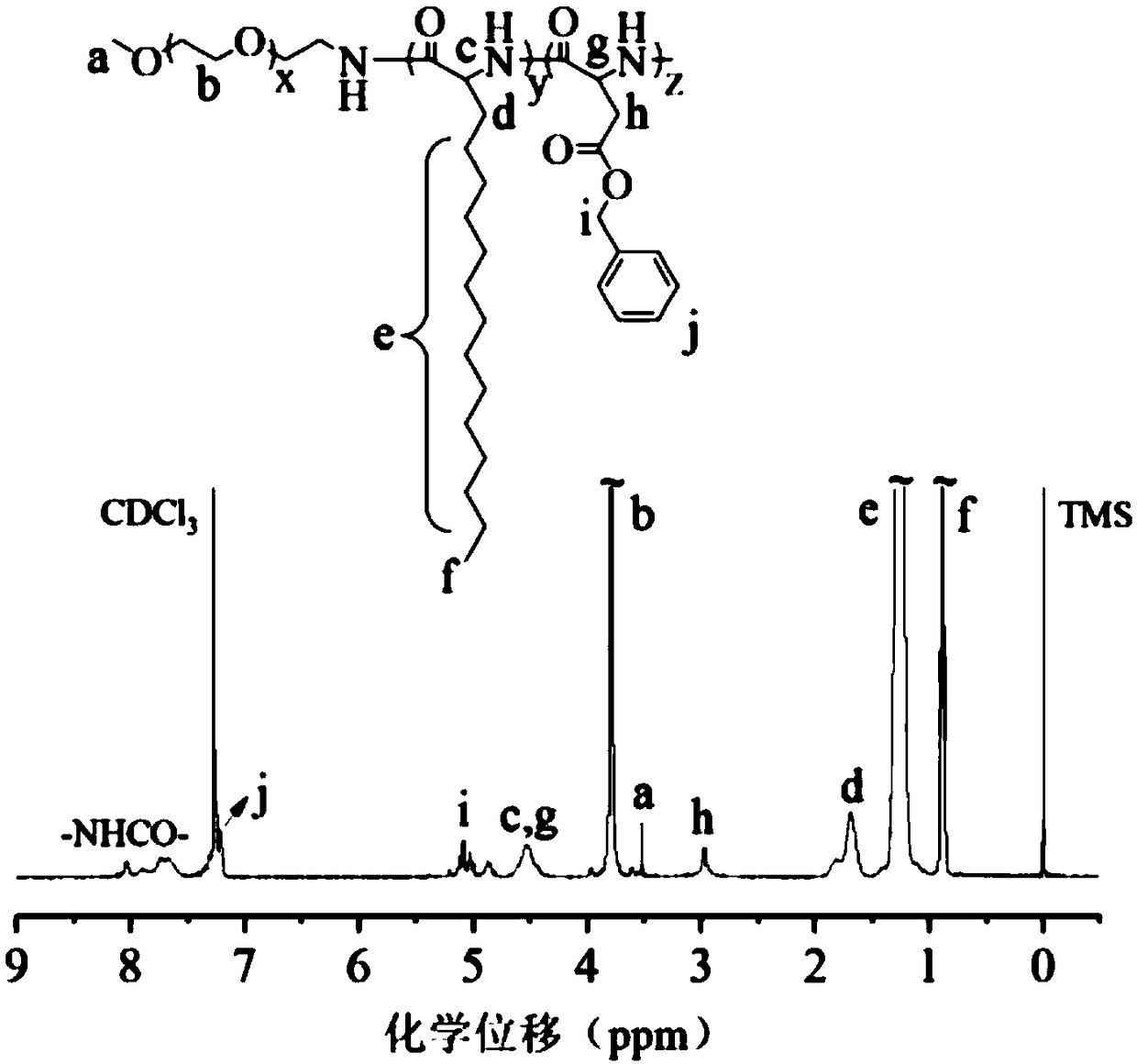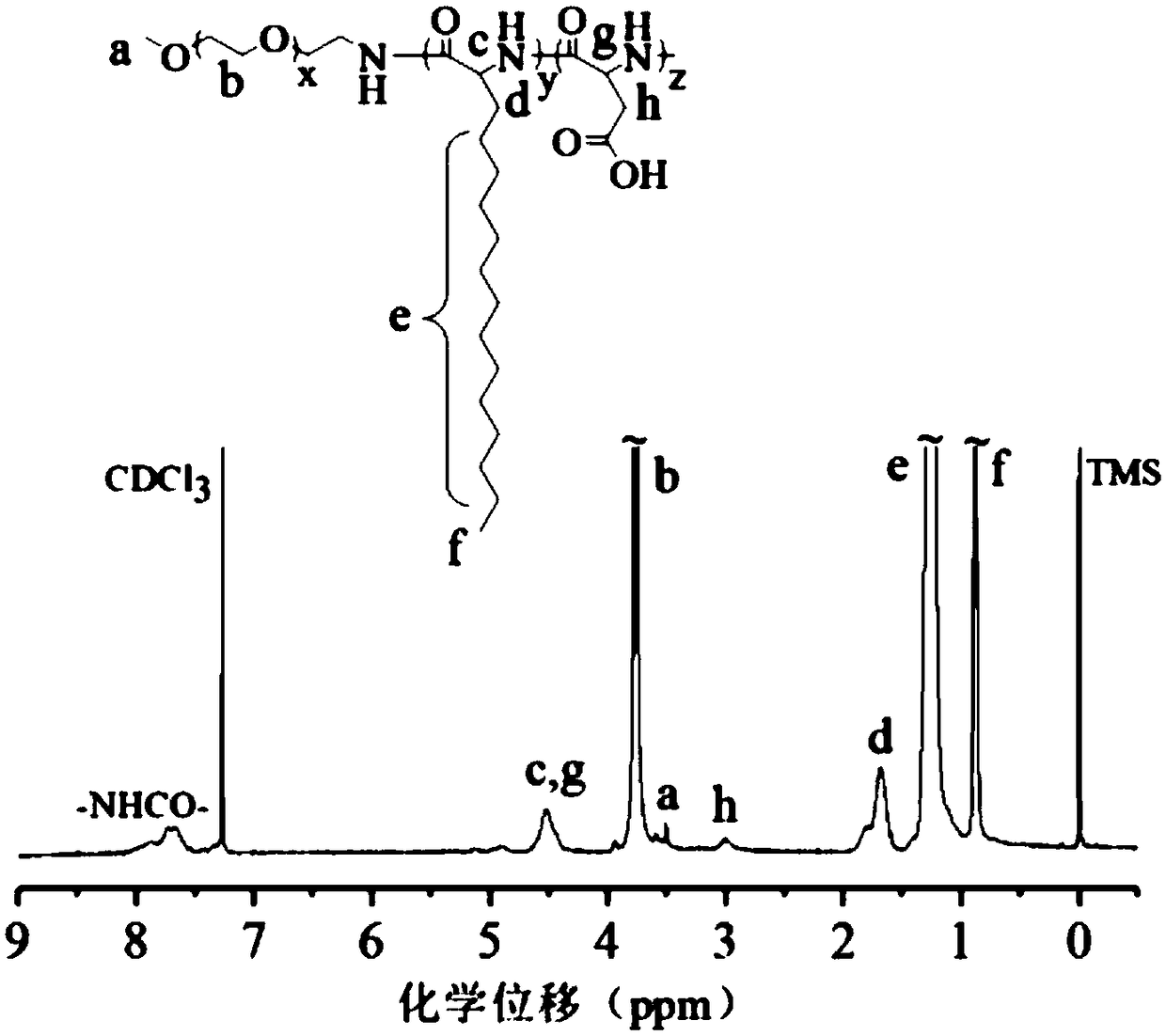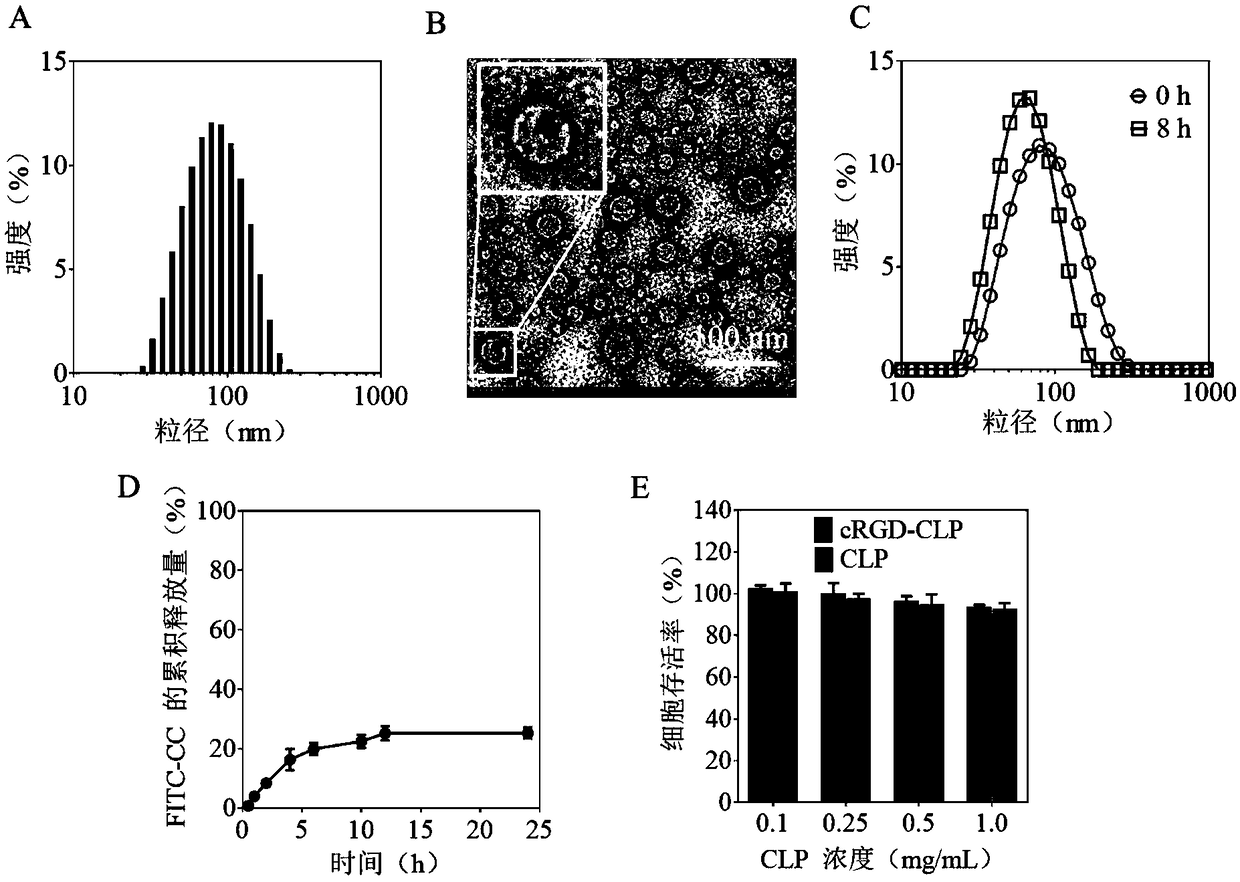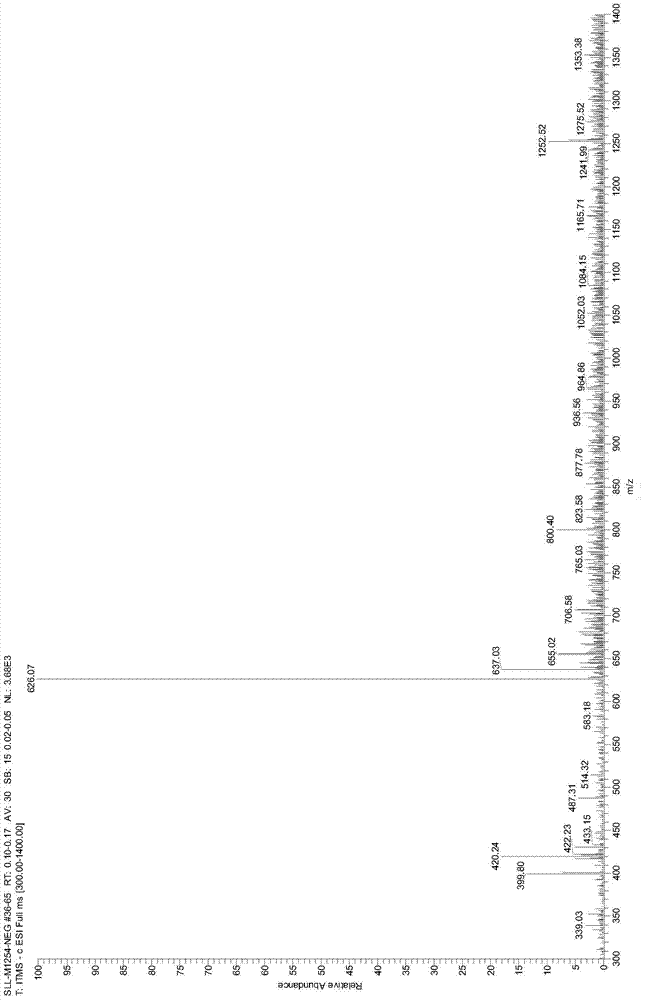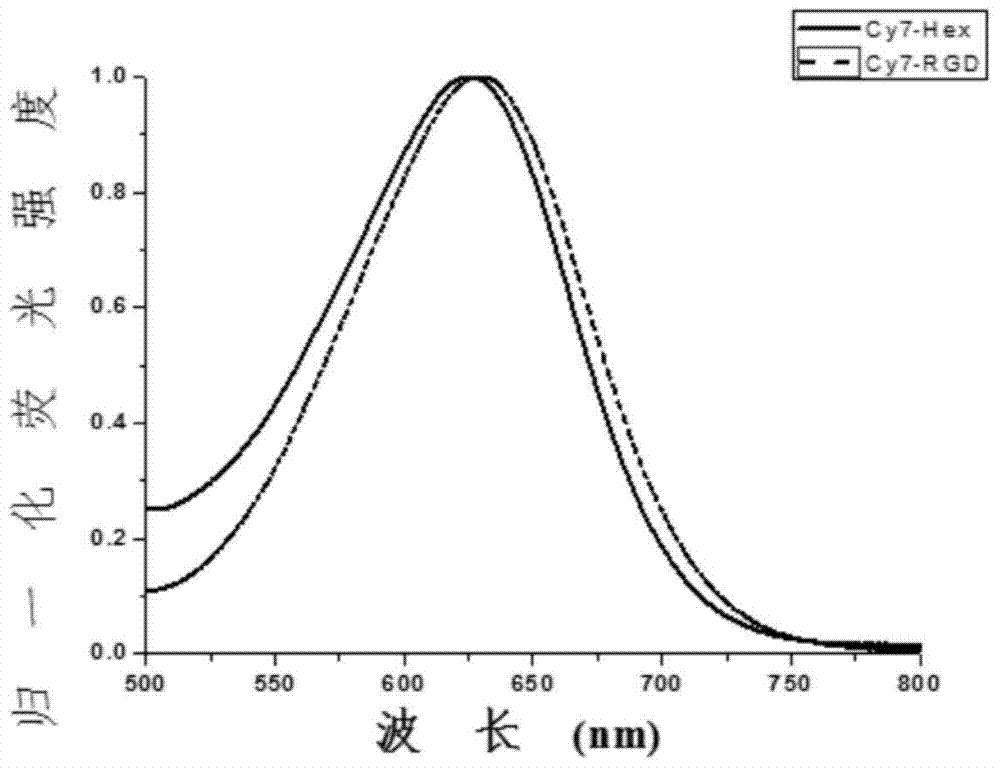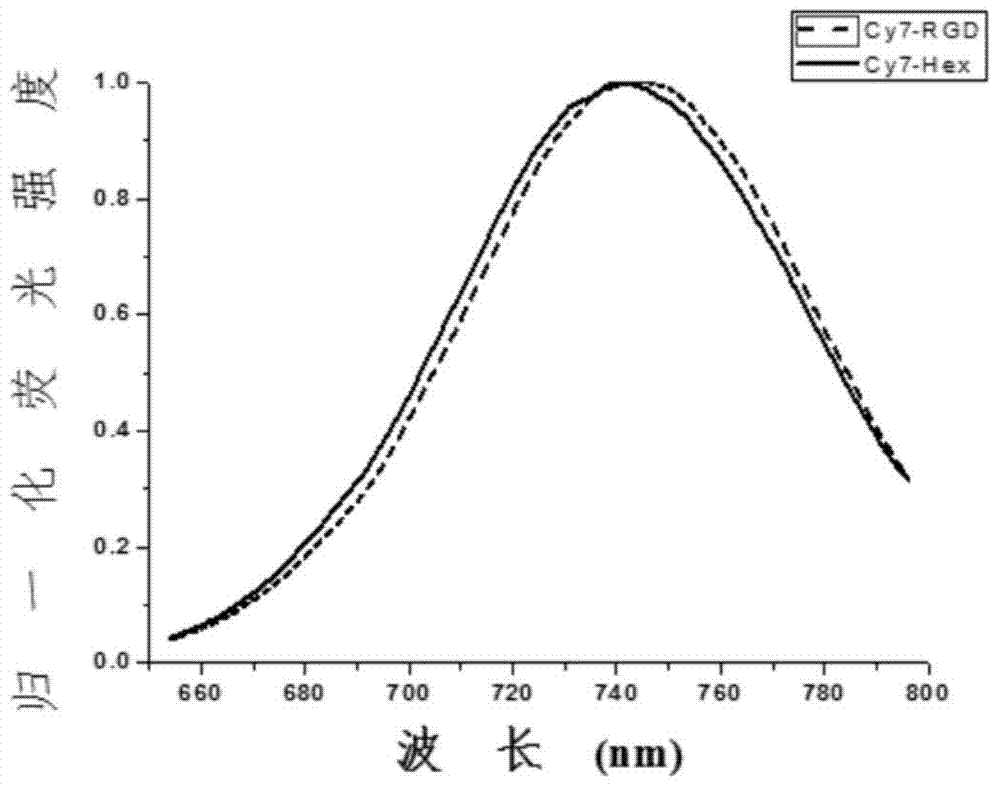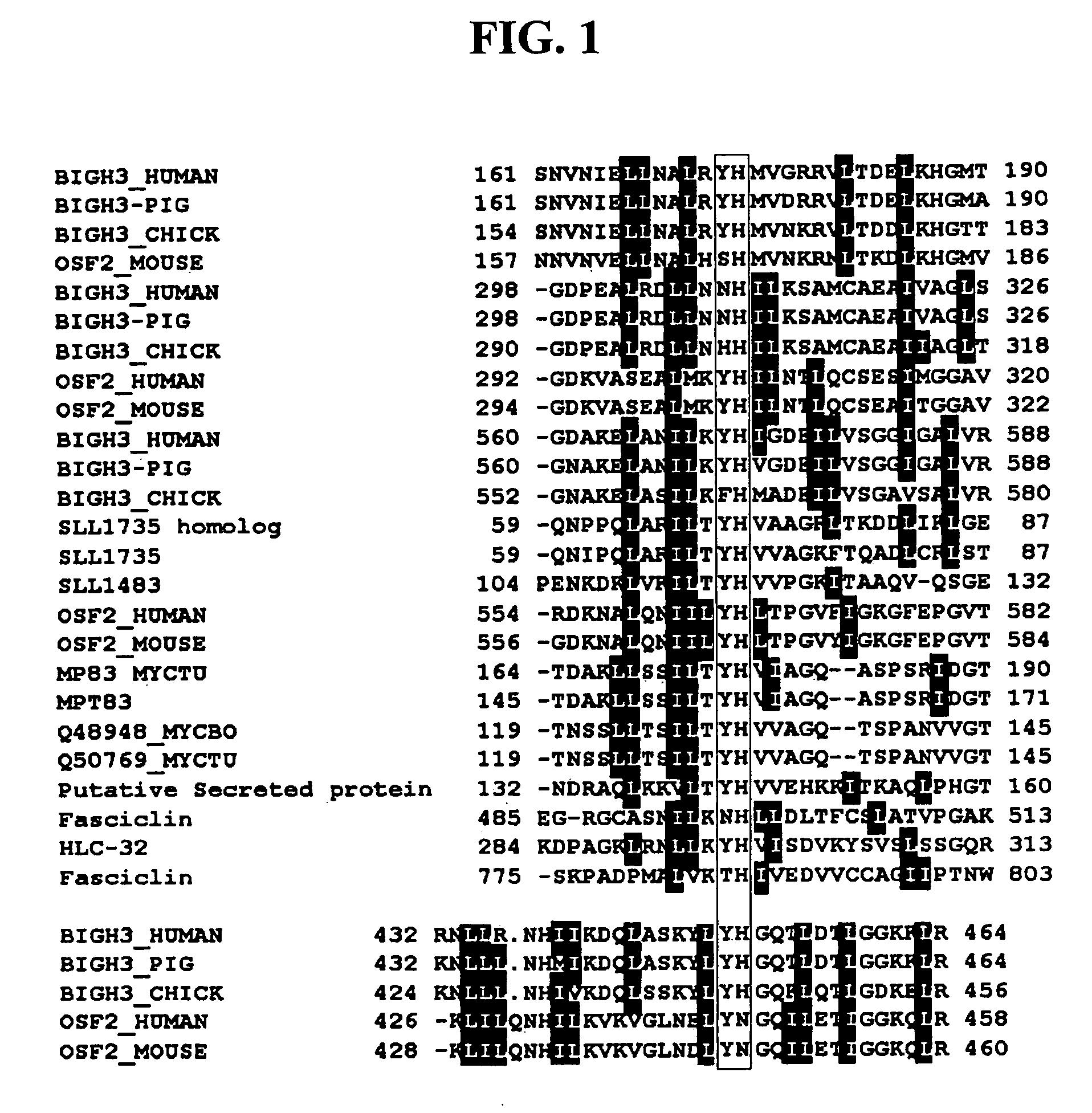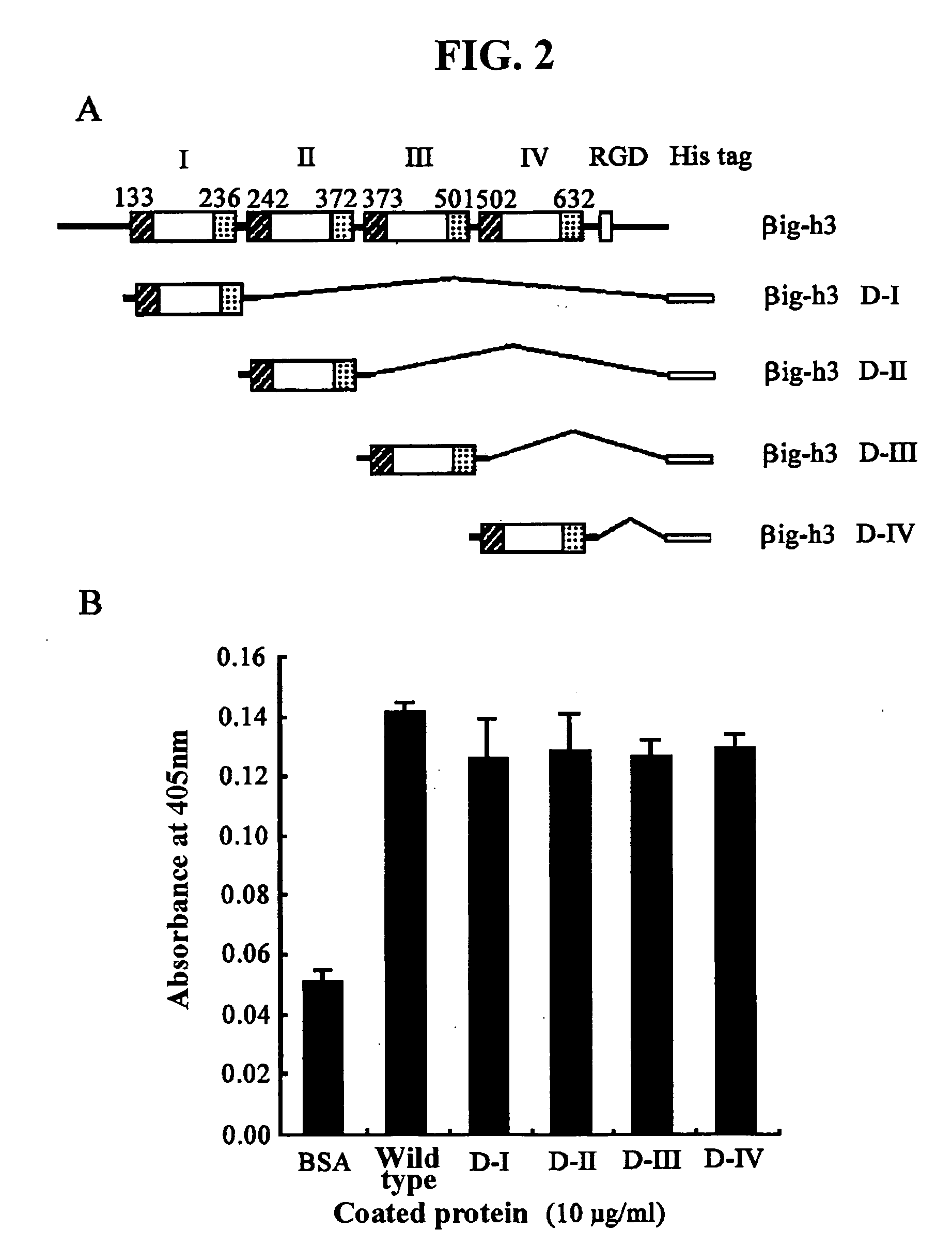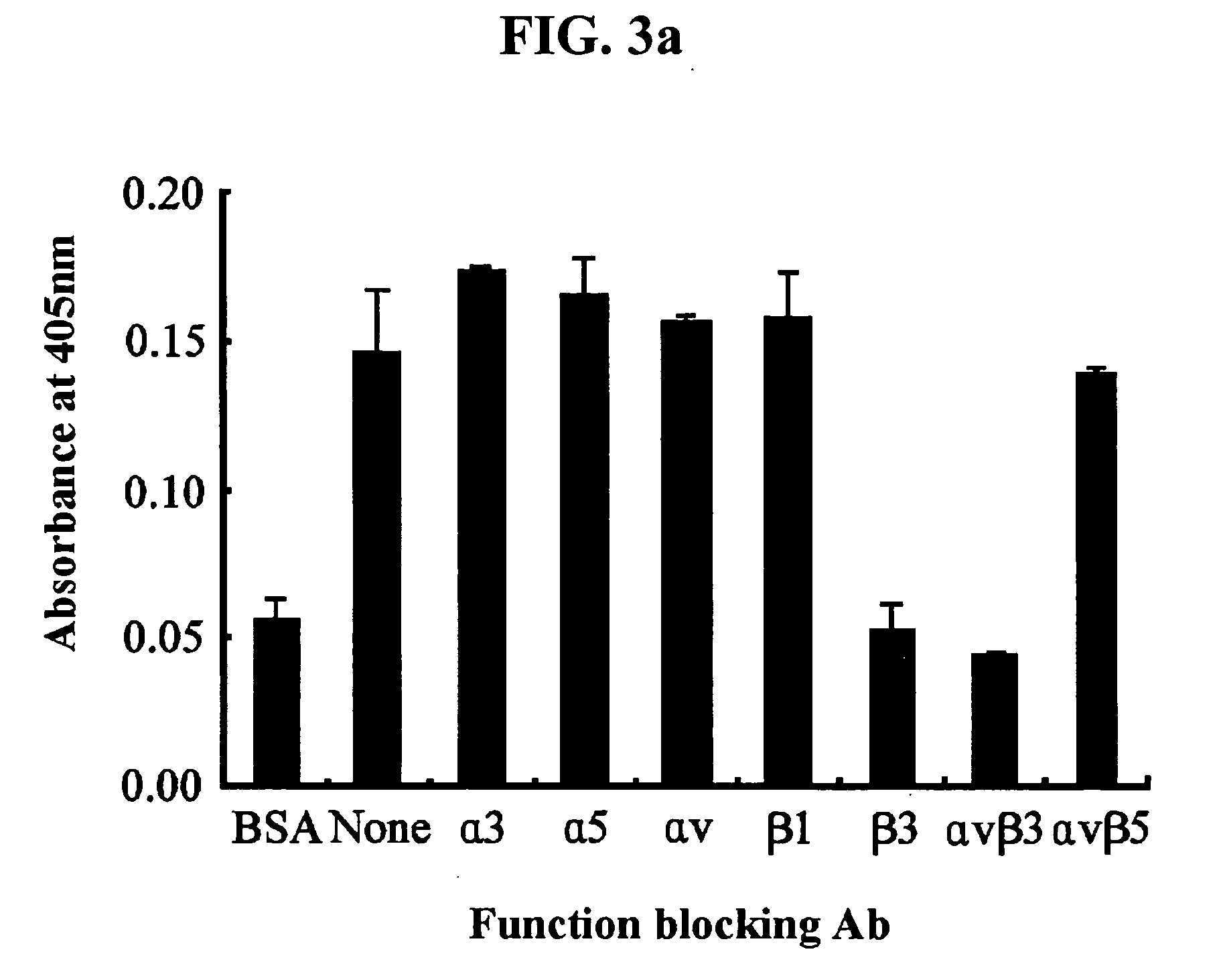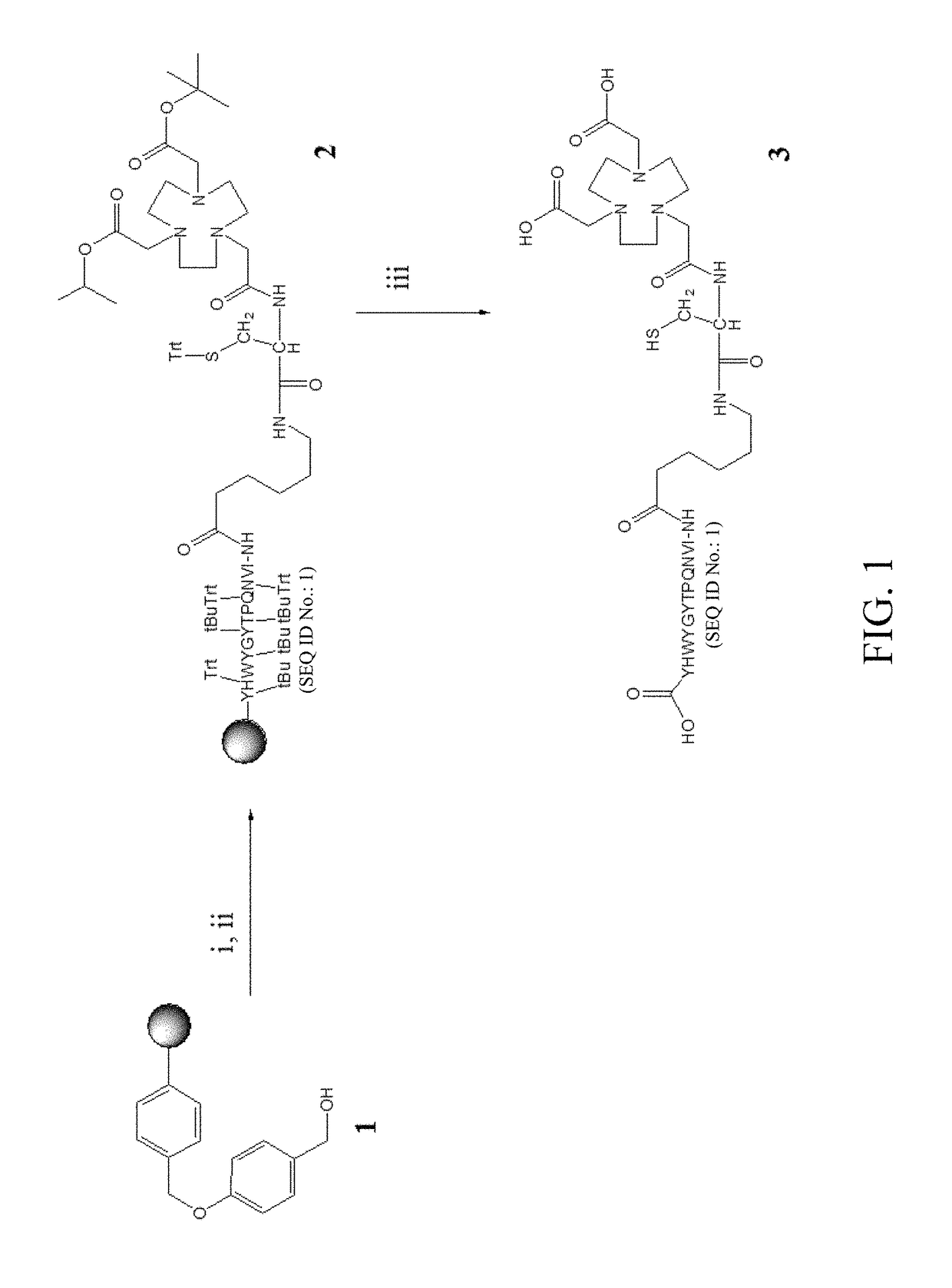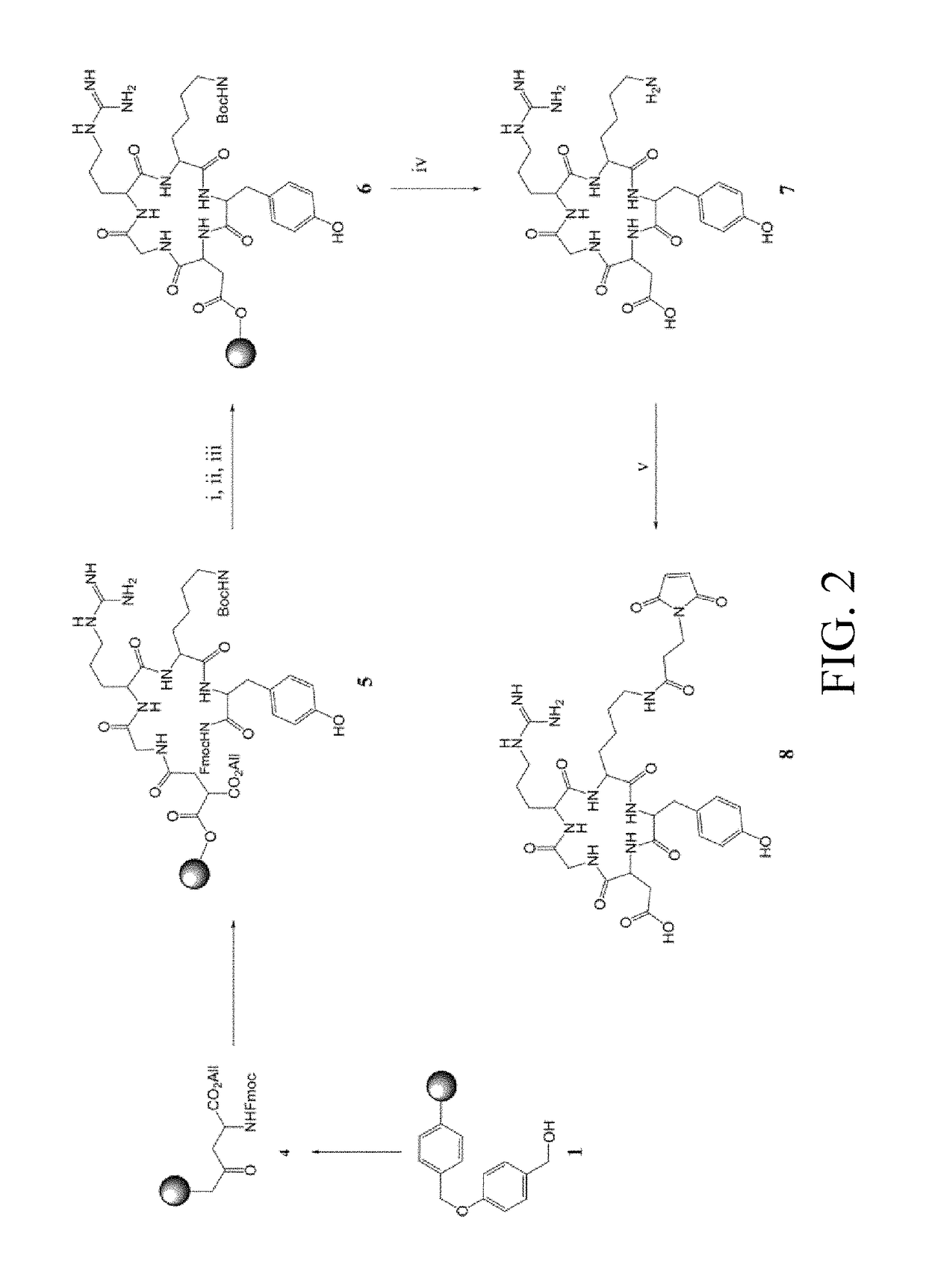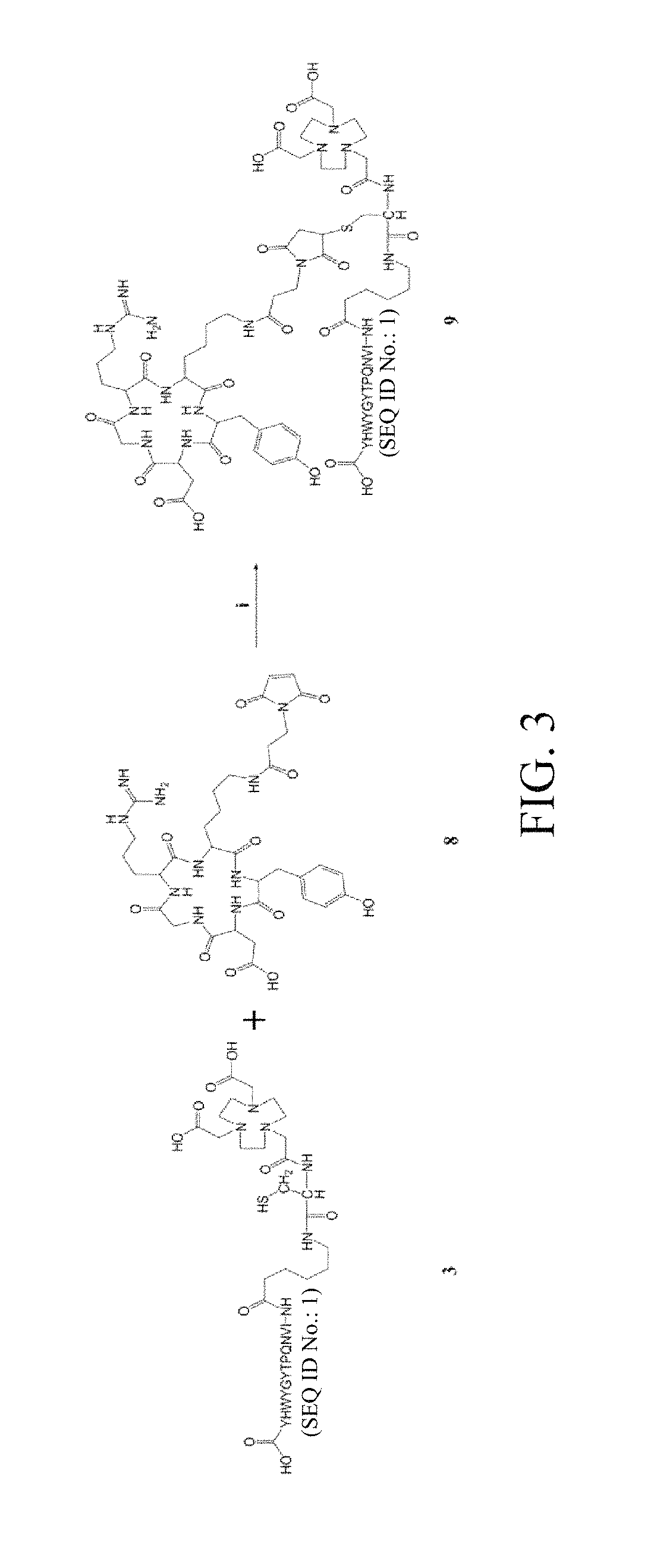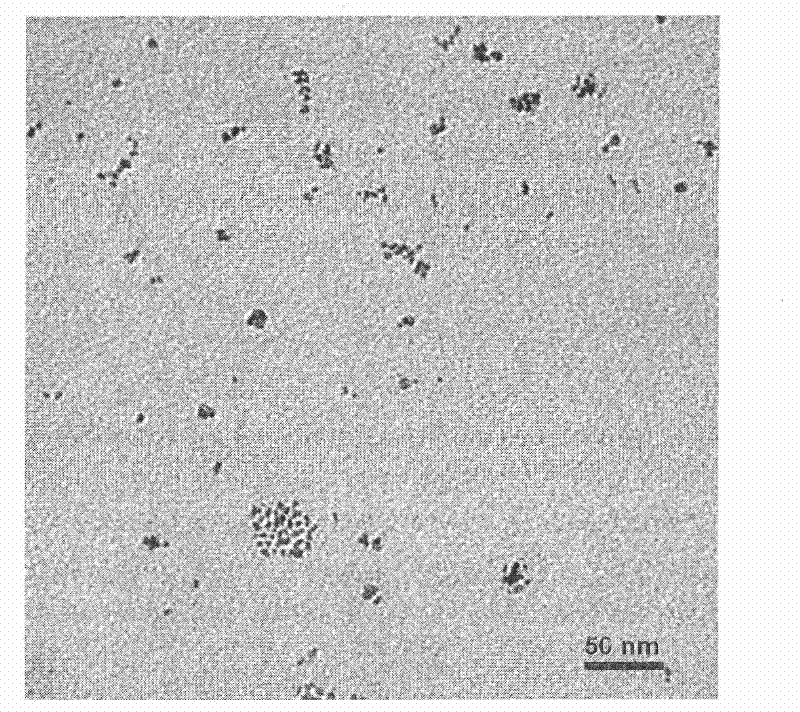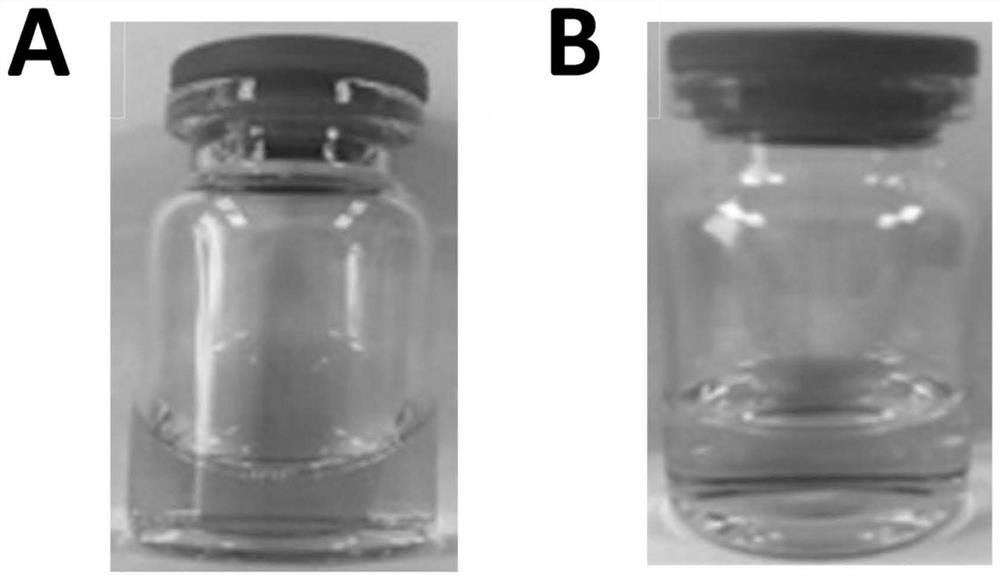Patents
Literature
Hiro is an intelligent assistant for R&D personnel, combined with Patent DNA, to facilitate innovative research.
37 results about "Αvβ3 integrin" patented technology
Efficacy Topic
Property
Owner
Technical Advancement
Application Domain
Technology Topic
Technology Field Word
Patent Country/Region
Patent Type
Patent Status
Application Year
Inventor
Disintegrin variants and pharmaceutical uses thereof
InactiveUS20080188413A1Treatment and prevention of osteoporosisIncreased formationSenses disorderAntipyreticDiseaseDiabetic retinopathy
Disintegrin variants and pharmaceutical uses thereof are disclosed. The disintegrin variant includes an isolated polypeptide that has integrin αvβ3 receptor-antagonist activity and substantially reduced integrin αllbβ3 and / or α5β1 receptor-blocking activity as compared to a wild-type disintegrin. The variant is encoded by a modified disintegrin nucleotide sequence that encodes a modified amino acid sequence, resulting in a polypeptide having substantially reduced affinity to integrin αllbβ3 and / or α5β1 as compared to a wild-type disintegrin. The variant is useful for treatment and / or prevention of αvβ3 integrin-associated diseases in a mammal, which include osteoporosis, bone tumor or cancer growth, angiogenesis-related tumor growth and metastasis, tumor metastasis in bone, malignancy-induced hypercalcemia, angiogenesis-related eye diseases, Paget's disease, rheumatic arthritis, and osteoarthritis. The angiogenesis-related eye diseases include age-related macular degeneration, diabetic retinopathy, corneal neovascularizing diseases, ischaemia-induced neovascularizing retinopathy, high myopia, and retinopathy of prematurity.
Owner:NAT CHENG KUNG UNIV +1
RGD-labeled fluorescent gold nano-cluster preparation method
InactiveCN105363043ASmall particle sizeLow cytotoxicityX-ray constrast preparationsPharmaceutical non-active ingredientsCancer cellSide effect
The present invention discloses a RGD-labeled fluorescent gold nano-cluster preparation method, which comprises: preparing gold nanoparticles with a particle size of less than 2 nm by using a BSA method; and carrying out an amidation reaction on the prepared gold nano-cluster and RGD having amino to obtain the RGD-labeled fluorescent gold nano-clusters. According to the present invention, the obtained gold nano-cluster (Au Nanoclusters, AuNCs) is the novel precious metal fluorescent nanometer material, and has characteristics of simple preparation conditions, simple preparation steps, near-infrared light emitting under a visible light source, small particle size, good monodispersity, good stability, low toxic-side effect, high safety, stable fluorescent property, and high CT imaging contrast resolution; a small amount of expression of integrin [alpha]v[beat]3 exists in most normal tissues and mature vascular endothelial cells while the over-expression of the integrin [alpha]v[beat]3 exists in a variety of cancer cells and neovessel endothelial cells, and the ligand is called RGD polypeptide sequence; and the RGD is selected as the targeting molecule, and the AuNCs and the RGD polypeptide sequence are conjugated to prepare the RGD-labeled fluorescent gold nano-cluster RGD-AuNCs@BSA.
Owner:屈晓超
Method for enhancing or inhibiting insulin-like growth factor-I
InactiveUS20050288217A1Enhanced signalSuppression problemCompound screeningSenses disorderInsulin-like growth factorAgonist
Owner:THE UNIV OF NORTH CAROLINA AT CHAPEL HILL
Preparation method of RGD-modified subminiature superparamagnetic iron oxide nanoparticles
InactiveCN104399092ALow costLow signalEmulsion deliveryIn-vivo testing preparationsTumor targetBiocompatibility Testing
The invention relates to a preparation method of RGD-modified subminiature superparamagnetic iron oxide nanoparticles. The preparation method comprises the following steps of preparing PEI-coated subminiature superparamagnetic iron oxide nanoparticles by a mild reduction method, modifying surfaces of USPIO / PEI.NH2 nanoparticles by fluorescein isothiocyanate (FI) and a RGD compound (COOH-PEG-RGD) subjected to pegylation, and carrying out acetylation treatment on the surfaces of the nanoparticles. The preparation method has simple processes and mild reaction conditions and can be operated easily. The RGD-modified subminiature superparamagnetic iron oxide nanoparticles have small sizes, a high relaxation rate, good colloid stability and biocompatibility, and high alpha<v>beta<3> integrin high-expression tumor cell targeting, and have a latent application value in the field of in-vivo tumor targeting MR imaging diagnosis.
Owner:DONGHUA UNIV
USPIO-PLA-RGD compound, preparation method and application thereof
InactiveCN101590245AIncrease concentrationTo achieve the purpose of live imagingNMR/MRI constrast preparationsTumor angiogenesisSide effect
The invention discloses a USPIO-PLA-RGD compound, a preparation method and application thereof. The USPIO-PLA-RGD compound uses USPIO as a core, is coated by PLA outside, and is labeled as PLA-USPIO; and the USPIO-PLA-GRD compound obtained through covalently coupling carboxyl of a functional group exposed on the surface of PLA and amidogen of RGD peptide has a hydrated grain diameter of between 90 and 105 nm. The USPIO-PLA-RGD compound can be applied as magnetic resonance tumor angiogenesis targeting contrast agent. The invention realizes targeting developing by the characteristics of high affinity of an alpha v beta3 integrin receptor and ligand RGD peptide thereof, and the combination has the characteristics of high specificity, selectivity, saturation and affinity, clear biological effect and the like. The concentration of a medicament in a partial focus can be increased, and toxic and side effects can be reduced by using the ligand RGD peptide as a vector of USPIO through the mediation effect of the receptor, so that the aim of development of a targeting tumor angiogenesis living body is realized.
Owner:ZHEJIANG UNIV
Polypeptides Selective for alphavbeta3 Integrin Conjugated With a Variant Of Human Serum Albumin (HSA) And Pharmaceutical Uses Thereof
InactiveUS20110015130A1High selectivityReduce the binding forceSenses disorderPeptide/protein ingredientsDiseasePharmaceutical drug
The invention generally relates to fusion proteins comprising a rhodostomin variant having an RGD motif variant 48ARLDDL53, wherein the rhodostomin variant is conjugated with a variant of Human Serum Albumin (HSA). The invention also relates to the use of these fusion proteins for treatment and prevention of αvβ3 integrin-associated diseases.
Owner:NAT CHENG KUNG UNIV +1
Disintegrin variants and their use in treating osteoporosis-induced bone loss and angiogenesis-related diseases
InactiveUS7943728B2Avoid problemsIncreased formationSenses disorderPeptide/protein ingredientsDiseaseDiabetic retinopathy
Disintegrin variants and pharmaceutical uses thereof are disclosed. The disintegrin variant includes an isolated polypeptide that has integrin αvβ3 receptor-antagonist activity and substantially reduced integrin αllbβ3 and / or α5β1 receptor-blocking activity as compared to a wild-type disintegrin. The variant is encoded by a modified disintegrin nucleotide sequence that encodes a modified amino acid sequence, resulting in a polypeptide having substantially reduced affinity to integrin αllbβ3 and / or α5β1 as compared to a wild-type disintegrin. The variant is useful for treatment and / or prevention of αvβ3 integrin-associated diseases in a mammal, which include osteoporosis, bone tumor or cancer growth, angiogenesis-related tumor growth and metastasis, tumor metastasis in bone, malignancy-induced hypercalcemia, angiogenesis-related eye diseases, Paget's disease, rheumatic arthritis, and osteoarthritis. The angiogenesis-related eye diseases include age-related macular degeneration, diabetic retinopathy, corneal neovascularizing diseases, ischaemia-induced neovascularizing retinopathy, high myopia, and retinopathy of prematurity.
Owner:NAT CHENG KUNG UNIV +1
Preparation method of SPECT/CT (Single Photon Emission Computed Tomography/Computed Tomography) dual-mode imaging contrast agent based on second-generation polyamide-amine dendritic polymer
InactiveCN107281504AImprove performanceRealize requirementsGeneral/multifunctional contrast agentsRadioactive preparation carriersDual modeArginine
The invention relates to a preparation method of SPECT / CT (Single Photon Emission Computed Tomography / Computed Tomography) dual-mode imaging contrast agent based on a second-generation polyamide-amine dendritic polymer. The method comprises the following steps: by taking the second-generation polyamide-amine dendritic polymer as a template material, sequentially modifying a radionuclide 99mTc chelating agent NOTA and a pegylated RGD (Arginine-Glycin-Aspartate) molecule on the surface; coating gold nanoparticles through an in-situ reduction synthesis method; and finally, labeling the radionuclide 99mTc, thereby obtaining the product. The SPECT / CT contrast agent prepared by the method disclosed by the invention has excellent colloidal stability, excellent biocompatibility, long blood circulation time and excellent in-vitro / vitro SPECT / CT imaging effect, has a specific targeting effect on C6 cells of an alphavbeta3 integrin receptor on the cell membrane surface and provides a good thought for developing a novel dual-mode nano contrast agent.
Owner:DONGHUA UNIV +1
Tumour vascular-targeting and novel recombinant human tumour necrosis factor fusion protein and its preparation
InactiveCN1405185AReduce clinical dosageSmall toxicityGenetic engineeringFermentationCancer cellWhole body
A kind of amalgamation albumen combined peptide and hrn TNF specificity of the knub neconatal vein and its preparation method is disclosed in the invention. The knub necro-gene is a kind of multi-functional cell gene, which participates in immunity metabolizating modulation of the economy, has restriant and cell poison action to growth of some cancer cells. The invention wipes off 1-7 bit amino acid of the amido end of the knub necro-gene, changes 8-10 bit amino acid into Arg-Lys-Arg and 157 bit amino acid of carboxyl end into Phe, and composes new type high effect and low poison knub necro-gene nrhTNF. On the basis, prepared amalgamation albumen combined peptide and nrhTNF specificity ofthe knub neonatal vein can enrich at the place of knub neonated vein by use of the cyclopeptide CRGDC containing five amino acids elected from phage revelation library.
Owner:FOURTH MILITARY MEDICAL UNIVERSITY
Aryl-substituted alicyclic compound and medical composition comprising the same
An aryl-substituted alicyclic compound of the formula (I):wherein U is 1,4,5,6-tetrahydropyrimidin-2-yl, etc., A is phenylene, etc., B is piperidine-1,4-diyl, etc., Z is —CONH—, etc., R3 is hydrogen, etc., R5 is hydrogen, aryl, etc., R6 is a mono-substituted amino (e,g., benzyloxycarbonylamino), R7 is hydrogen, etc., and a process for preparation thereof, and a pharmaceutical composition containing the same. The compound of the present invention has a high selectivity for αvβ3 integrin, and exhibits a potent inhibitory activity thereto, and hence, it is useful as a preventive or / and a therapeutic agent for a disease in which αvβ3 integrin is involved.
Owner:SUMITOMO DAINIPPON PHARMA CO LTD
Monoclonal antibodies for enhancing or inhibiting insulin-like growth factor-I
ActiveUS8187595B2Enhanced signalSuppression problemSenses disorderAntibody ingredientsMonoclonal antibodyInsulinlike growth factor
Owner:THE UNIV OF NORTH CAROLINA AT CHAPEL HILL
Method for enhancing or inhibiting insulin-like growth factor-i
Owner:THE UNIV OF NORTH CAROLINA AT CHAPEL HILL
Peptide-based compounds
This invention relates to new peptide-based compounds and their use in therapeutically effective treatments as well as for diagnostic imaging techniques. More specifically the invention relates to the use of such peptide-based compounds used as targeting vectors that bind to receptors associated with angiogenesis, in particular the αvβ3 integrin receptor. Such contrast agents may thus be used for diagnosis of for example malignant diseases, heart diseases, inflammation-related diseases, rheumatoid arthritis and Kaposi's sarcoma. Moreover such compounds may also be used in therapeutic treatment of these diseases.
Owner:GE HEALTHCARE AS
Amino cyanine fluorescent dyes and preparation method therefor and application thereof
InactiveCN105111773AGood application effectWith characteristicsMethine/polymethine dyesFluorescence/phosphorescenceStructural formulaAlpha-v beta-3
The invention discloses amino cyanine fluorescent dyes connected with cyclopeptide [cyclo(RGD)] and a preparation method therefor and application thereof. The structural formula of the compounds is shown in I. The compounds consist of structural units III and III; the structural unit II is a derived cyanine dye structure which is water soluble fluorescent molecules, the spectrum of which has relatively great Stokes shift, and the molecules have relatively less toxicity to normal cells; the structural unit III is a cyclopeptide structure of a specific ligand of an alpha v beta 3 integrin receptor and can be used for targeted orientation. The fluorescent dyes have the double function characteristic of tumor imaging diagnosis and targeted therapy.
Owner:DALIAN UNIV OF TECH
RGD-containing cyclic peptides
The present invention is drawn to cyclic RGD peptides linked via a disulfide bond, where the terminal cysteines are preferably in the D configuration. These peptides target αvβ3 integrin on tumor cells and neovasculatures and function as targeting agents for tumor diagnostic imaging and therapy. Compared with the commonly used RGD ligands, compounds of the present invention have improved targeting efficacy and lower nonspecific binding to normal organs. Moreover, the compounds of the present invention can be functionalized to conjugate imaging payload without decreasing binding strength.
Owner:RGT UNIV OF CALIFORNIA
Peptides comprising an isoDGR motif
InactiveUS7795386B2Convenient treatmentImprove propertiesSenses disorderSkeletal disorderComputational chemistryPeptide
Disclosed herein are peptides which include an isoDGR motif and which selectively inhibit αvβ3 integrin. In some embodiments, the isoDGR motif results from the deamidation of an NGR motif.
Owner:MOLMED SPA +1
Monoclonal Antibodies for Enhancing or Inhibiting Insulin-Like Growth Factor-I
InactiveUS20120269816A1Senses disorderAntibody ingredientsInsulin-like growth factorMonoclonal antibody
Owner:THE UNIV OF NORTH CAROLINA AT CHAPEL HILL
Methods of treating αvβ3 integrin-associated diseases by administering polypeptides selective for αvβ3 integrin
ActiveUS8183201B2Avoid problemsIncreased formationPeptide/protein ingredientsAntipyreticDiseaseRGD motif
The invention provides disintegrin variants, and more specifically to disintegrin variants which are selective αvβ3 integrin antagonists for treatment and prevention of αvβ3 integrin-associated diseases. The present invention also relates to pegylated proteins, including proteins comprising a disintegrin variant having an RGD motif variant 48ARLDDL53. The invention also relates to the use of the polypeptides of the invention for the treatment and prevention of αvβ3 integrin-associated diseases.
Owner:NAT TAIWAN UNIV +1
Peptide-based compounds
InactiveCN101531704AImprove antagonistic abilityImprove in vivo stabilitySenses disorderAntipyreticDiseaseArthritis
This invention relates to new peptide-based compounds and their use in therapeutically effective treatments as well as for diagnostic imaging techniques. More specifically the invention relates to the use of such peptide-based compounds used as targeting vectors that bind to receptors associated with angiogenesis, in particular the alphavbeta3 integrin receptor. Such contrast agents may thus be used for diagnosis of for example malignant diseases, heart diseases, inflammation-related diseases, rheumatoid arthritis and Kaposi's sarcoma. Moreover such compounds may also be used in therapeutic treatment of these diseases.
Owner:GE HEALTHCARE AS
Rgd-containing cyclic peptides
The present invention is drawn to cyclic RGD peptides linked via a disulfide bond, where the terminal cysteines are preferably in the D configuration. These peptides target αvβ3 integrin on tumor cells and neovasculatures and function as targeting agents for tumor diagnostic imaging and therapy. Compared with the commonly used RGD ligands, compounds of the present invention have improved targeting efficacy and lower nonspecific binding to normal organs. Moreover, the compounds of the present invention can be functionalized to conjugate imaging payload without decreasing binding strength.
Owner:RGT UNIV OF CALIFORNIA
Monoclonal antibodies for enhancing or inhibiting insulin-like growth factor-I
InactiveUS9068000B2Senses disorderImmunoglobulins against cell receptors/antigens/surface-determinantsInsulin-like growth factorMonoclonal antibody
Owner:THE UNIV OF NORTH CAROLINA AT CHAPEL HILL
Polypeptides selective for av ss3 integrin conjugated with a variant of human serum albumin (HSA) and pharmaceutical uses thereof
The invention generally relates to fusion proteins comprising a rhodostomin variant having an RGD motif variant 48ARLDDL53, wherein the rhodostomin variant is conjugated with a variant of Human Serum Albumin (HSA). The invention also relates to the use of these fusion proteins for treatment and prevention of avss3 integrin-associated diseases.
Owner:NAT CHENG KUNG UNIV +2
Use of a peptide that interacts with αvβ3 integrin of endothelial cell
The present invention relates to the use of a peptide that interacts with the αvβ3 integrin of endothelial cells. More particularly, the invention relates to a method for inhibiting endothelial cell adhesion, endothelial cell migration and / or angiogenesis, using a peptide consisting of at least 18 amino acids, comprising tyrosine-histidine (TY) or asparagines-histidine (NH), and at least three hydrophobic amino acids with bulky side chains; or equivalents thereof. Furthermore, the invention provides a method for treating or preventing angiogenesis-related diseases, using the peptide.
Owner:KYUNGPOOK NAT UNIV IND ACADEMIC COOP FOUND
Tumour new-born blood vessel specific binding polypeptide CRGDC and novel recombinant tumor necrosis factor nrhTNF fusion protein and their preparation method
InactiveCN1769300AReduce clinical dosageSmall toxicityRecombinant DNA-technologyHybrid peptidesBusiness efficiencyWhole body
The invention discloses the CNGRCVSGCAGRC-nrhTNF fusion protein and their preparation method, comprising the following steps: removing the 1-7 amino acid at the end of tumor necrosis factor amidogen, transforming the 8-10 amino acid into the Arg-Lys-Arg, transforming the 157 amino acid at the end of carboxy group into the phenylalanine, constructing the highly effective and low toxicity nrhTNF, selecting the CRGDC which is screened from bacteriophage exhibit library and highly effectively integrated with ª‡vª‰3 integrin specificity, fusing it into the end of amido of nrhTNF by utilizing the gene engineering method. The CRGDC-nrhTNF fusion protein can concentrate at the tumour newborn vessel, improve the therapeutic specificity of tumor necrosis factor, decrease the whole body dosage, reduce the secondary reaction and improve the quality efficiency ratio.
Owner:FOURTH MILITARY MEDICAL UNIVERSITY
Polyester peptide vesicle with inner membrane with negative charges and preparation method and application of polyester peptide vesicle
ActiveCN109134849AThe preparation process is simple and straightforwardImprove controllabilityPharmaceutical non-active ingredientsAntineoplastic agentsPolyesterTumor target
The invention discloses a polyester peptide vesicle with the inner membrane with negative charges and a preparation method and application of the polyester peptide vesicle, and belongs to the technical fields of high molecular materials and practical chemistry. The preparation method comprises the steps that a PEG-b-PAPA-b-PAsp tri-block polymer is simply prepared through NCA ring opening polymerization and deprotection, wherein cRGD-CLP obtained through preparation has the advantages of being small in size, good in stability and high in protein encapsulation amount; the cRGD-CLP (SAP-cRGD-CLP) with soapwart toxin proteins can be specifically targeted to alphavbeta3 integrin overe-xpressed tumor cells, and shows high cytotoxicity to A549 lung cancer cells. The cRGD-CLP can be long circulated in vivo, enrichment of a protein drug at the tumor site is further promoted, and in-situ A549 lung cancer growth is completely inhibited. Therefore, the vesicle is easily prepared, the protein loading capacity is high, the tumor targeting ability is high, and the polyester peptide vesicle has a great potential in protein treatment of tumors.
Owner:SUZHOU UNIV
A class of aminocyanine fluorescent dyes and its preparation method and application
InactiveCN105111773BGood application effectLow background noiseMethine/polymethine dyesFluorescence/phosphorescenceCyclic peptideStructural unit
The invention discloses a class of aminocyanine fluorescent dyes linked to the cyclic peptide cyclo (RGD) and its preparation method and application. The general structural formula of the compound is as I; it is composed of structural units II and III; the structural unit II is a derived cyanine dye Structure, belonging to water-soluble fluorescent molecules, its spectrum has a large Stokes shift, and is less toxic to normal cells; structural unit III is a cyclic peptide structure of a specific ligand for αvβ3 integrin receptors, which can be used for targeting position. The fluorescent dye has dual functions of tumor imaging diagnosis and targeted therapy.
Owner:DALIAN UNIV OF TECH
Imidazole derivative, process for producing the same, and use
The present invention relates to the use of a peptide that interacts with the αvβ3 integrin of endothelial cells. More particularly, the invention relates to a method for inhibiting endothelial cell adhesion, endothelial cell migration and / or angiogenesis, using a peptide consisting of at least 18 amino acids, comprising tyrosine-histidine (TY) or asparagines-histidine (NH), and at least three hydrophobic amino acids with bulky side chains; or equivalents thereof. Furthermore, the invention provides a method for treating or preventing angiogenesis-related diseases, using the peptide.
Owner:KYUNGPOOK NAT UNIV IND ACADEMIC COOP FOUND
Bispecific peptide conjugate and radioactive bispecific peptide imaging agent
ActiveUS9981050B2Improve bindingPeptide/protein ingredientsRadioactive preparation carriersImaging agentTarget peptide
Owner:INST NUCLEAR ENERGY RES ROCAEC
USPIO-PLA-RGD compound, preparation method and application thereof
InactiveCN101590245BIncrease concentrationTo achieve the purpose of live imagingNMR/MRI constrast preparationsTumor angiogenesisSide effect
Owner:ZHEJIANG UNIV
A small particle size dendrobetin nanomedicine targeting tumor cells with high expression of αvβ3 integrin receptor
ActiveCN110812491BSmall particle sizeGood tumor penetrationOrganic active ingredientsMaterial nanotechnologySide effectTumor cells
The invention discloses a nanometer drug of dendrobetin with a small particle size targeting αvβ3 integrin receptor highly expressed tumor cells and a preparation method thereof. The mass ratio of the raw material drug to the carrier is 1:10-1:100, and the carrier includes an amphiphilic polymer and a targeting compound, wherein the molar ratio of the amphiphilic polymer to the targeting compound is 1:100-1: 1. The carrier is a micelle carrier, the surface of which is modified with a high-affinity ligand of the αvβ3 integrin receptor overexpressed on the surface of tumor cells. The invention realizes that the drug can actively target specific tumor cells and can make the drug fast and effective Being taken up by cells, the drug can exert anti-tumor effect to a greater extent, and reduce the distribution of the drug in the whole body and the resulting toxic and side effects.
Owner:INNER MONGOLIA MEDICAL UNIV
Features
- R&D
- Intellectual Property
- Life Sciences
- Materials
- Tech Scout
Why Patsnap Eureka
- Unparalleled Data Quality
- Higher Quality Content
- 60% Fewer Hallucinations
Social media
Patsnap Eureka Blog
Learn More Browse by: Latest US Patents, China's latest patents, Technical Efficacy Thesaurus, Application Domain, Technology Topic, Popular Technical Reports.
© 2025 PatSnap. All rights reserved.Legal|Privacy policy|Modern Slavery Act Transparency Statement|Sitemap|About US| Contact US: help@patsnap.com


